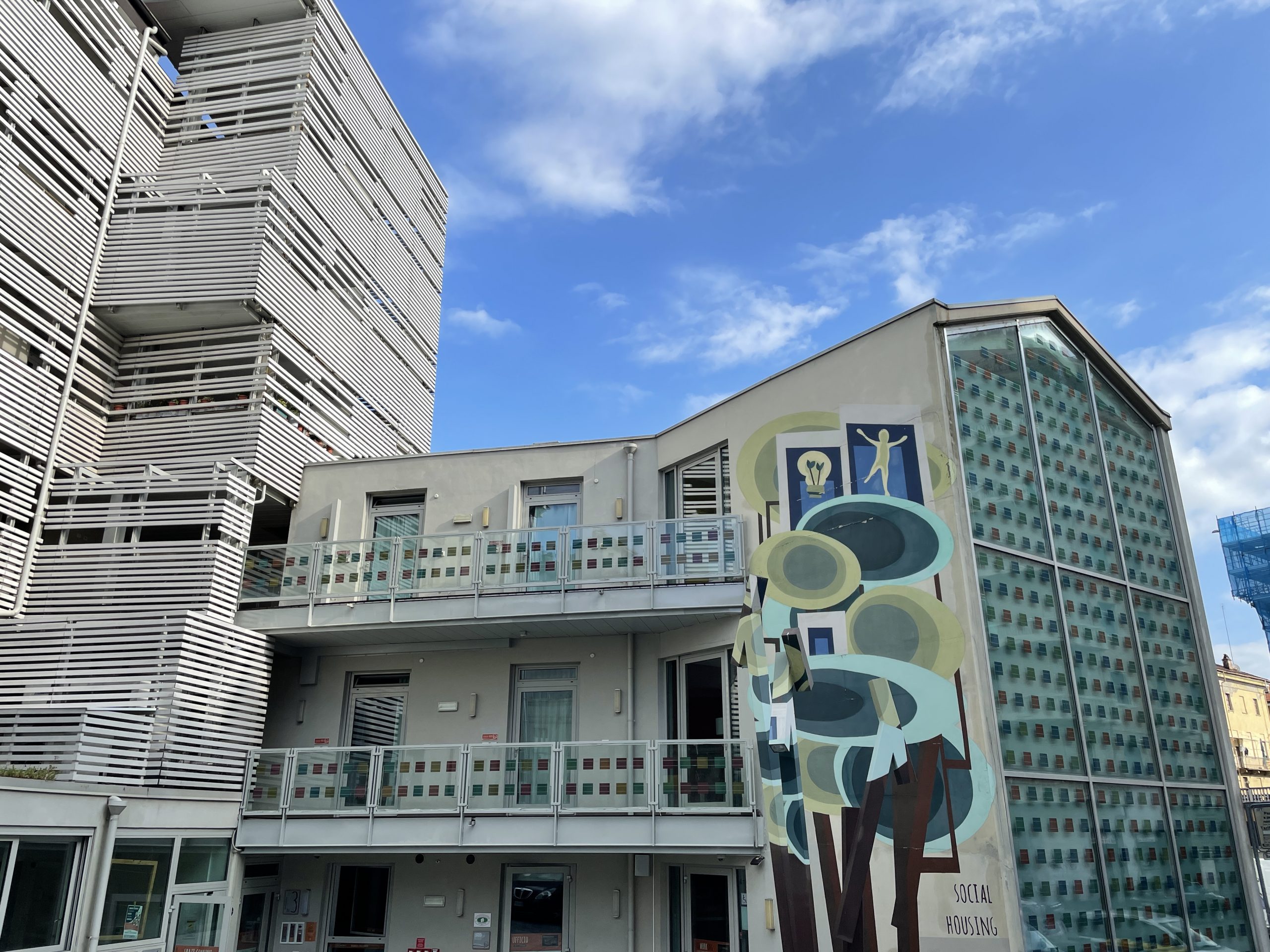
A residence for emergency housing and impact tourism in Turin: Luoghi Comuni
Right in the heart of Turin, just next to the remains of the Roman city walls and the Porta Palatina, one of the four ancient

Right in the heart of Turin, just next to the remains of the Roman city walls and the Porta Palatina, one of the four ancient

Article by Levente Polyak for publicspace.org, a project by the CCCB. In 1748, the Italian architect Giambattista Nolli published an ichnographic plan of Rome, documenting
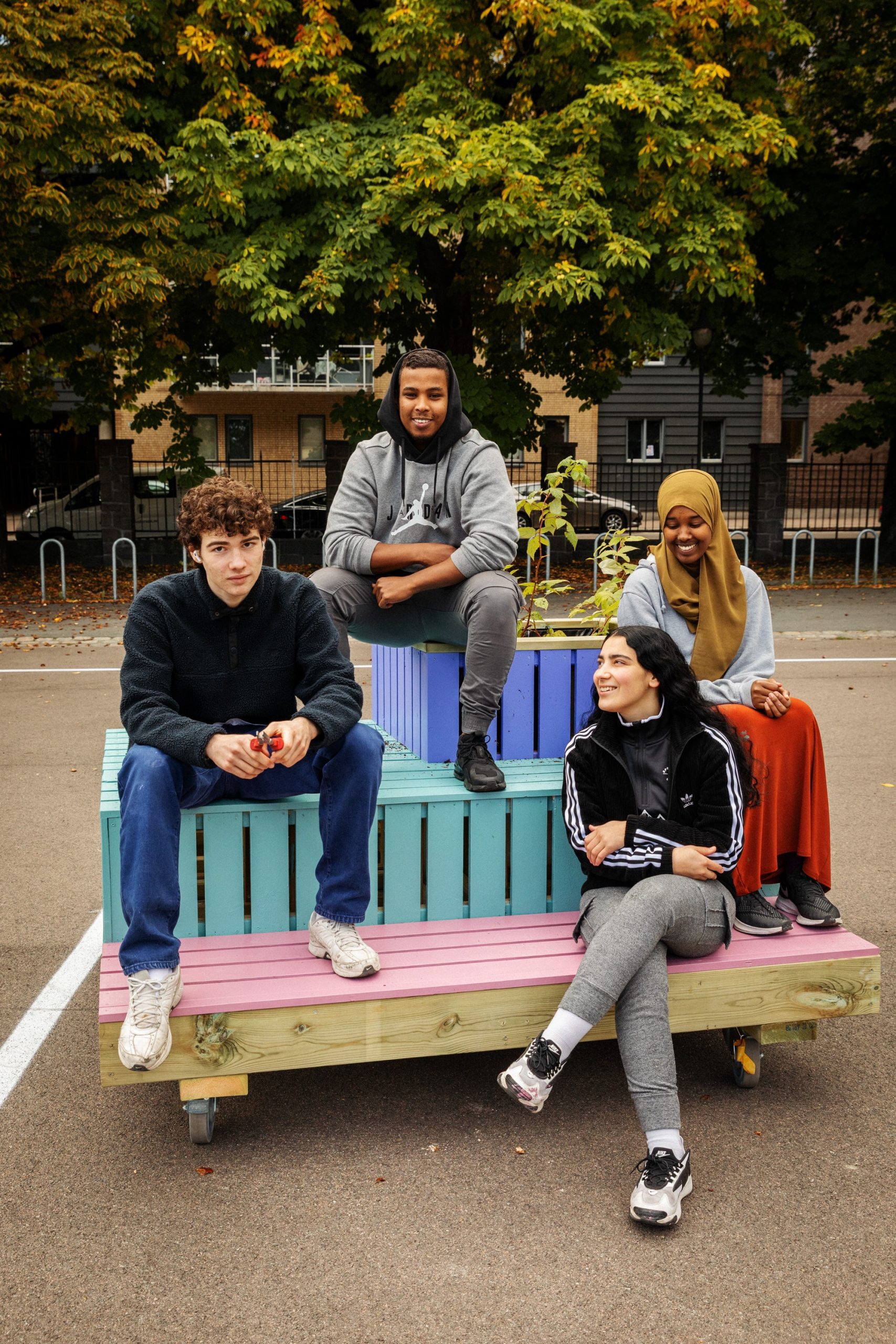
As part of the European project called PlaceCity, placemaking for sustainable, thriving cities Nabolagshager established a collaboration with H20 High School in Grønland, Oslo to
Solidarity City is a media project of Cooperative City Magazine to promote and strengthen social and solidarity economy practices throughout Europe. Taking Vienna as its
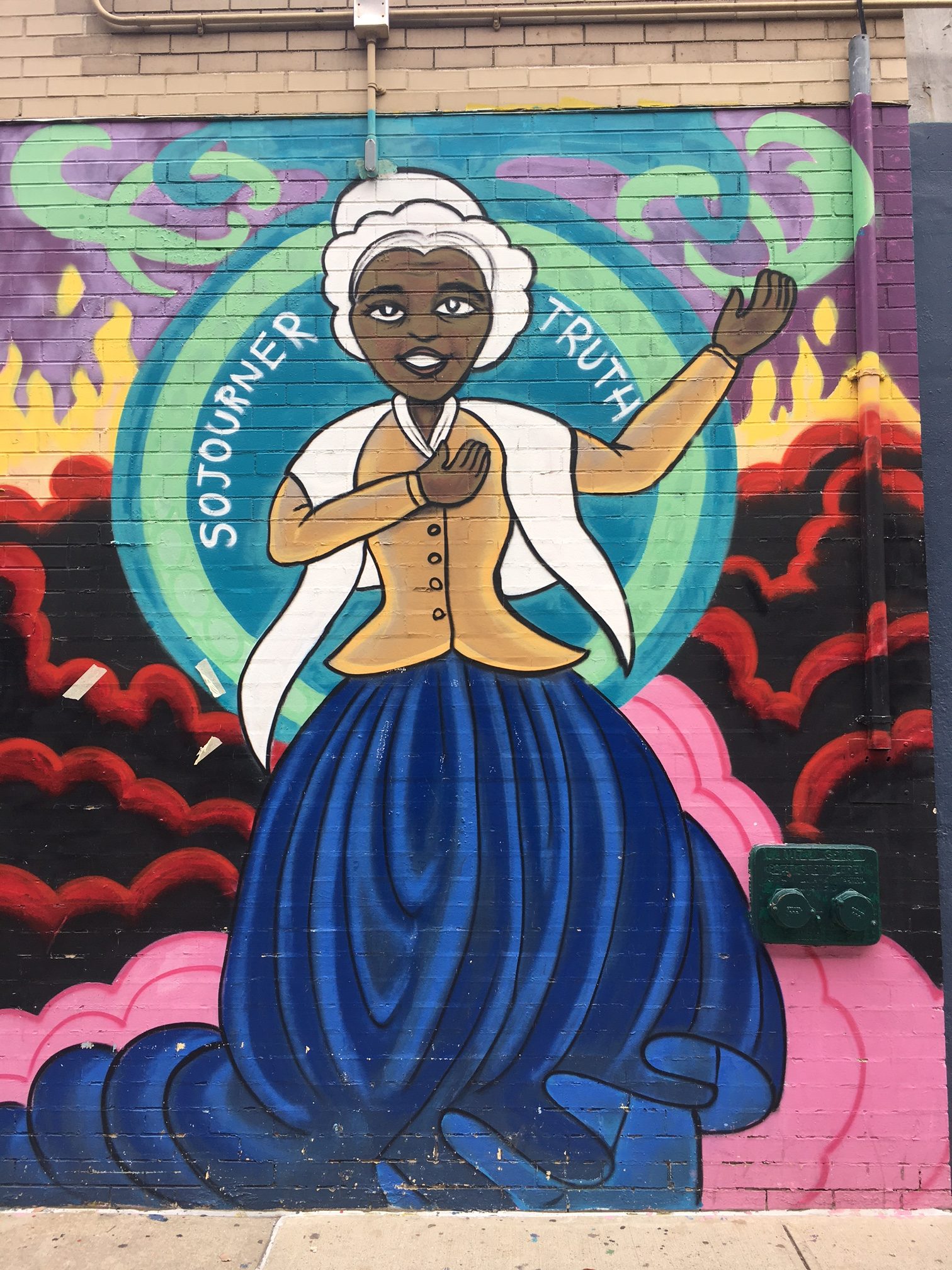
Sally Kneeshaw, Gender Equal Cities lead for URBACT, found through her work that whilst most people are generally aware of societal gender inequality, not many
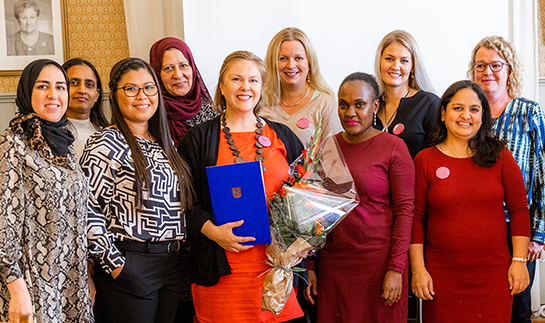
Neighbourhood Mothers (Naapuriäiti in Finnish) is a social inclusion programme that is reaching out to women who moved to Finland and encouraging them to become

The city of Naples (Italy)[1] is an exemplary case study of how a city can co-design legal and sustainable urban commons governance mechanisms and enable
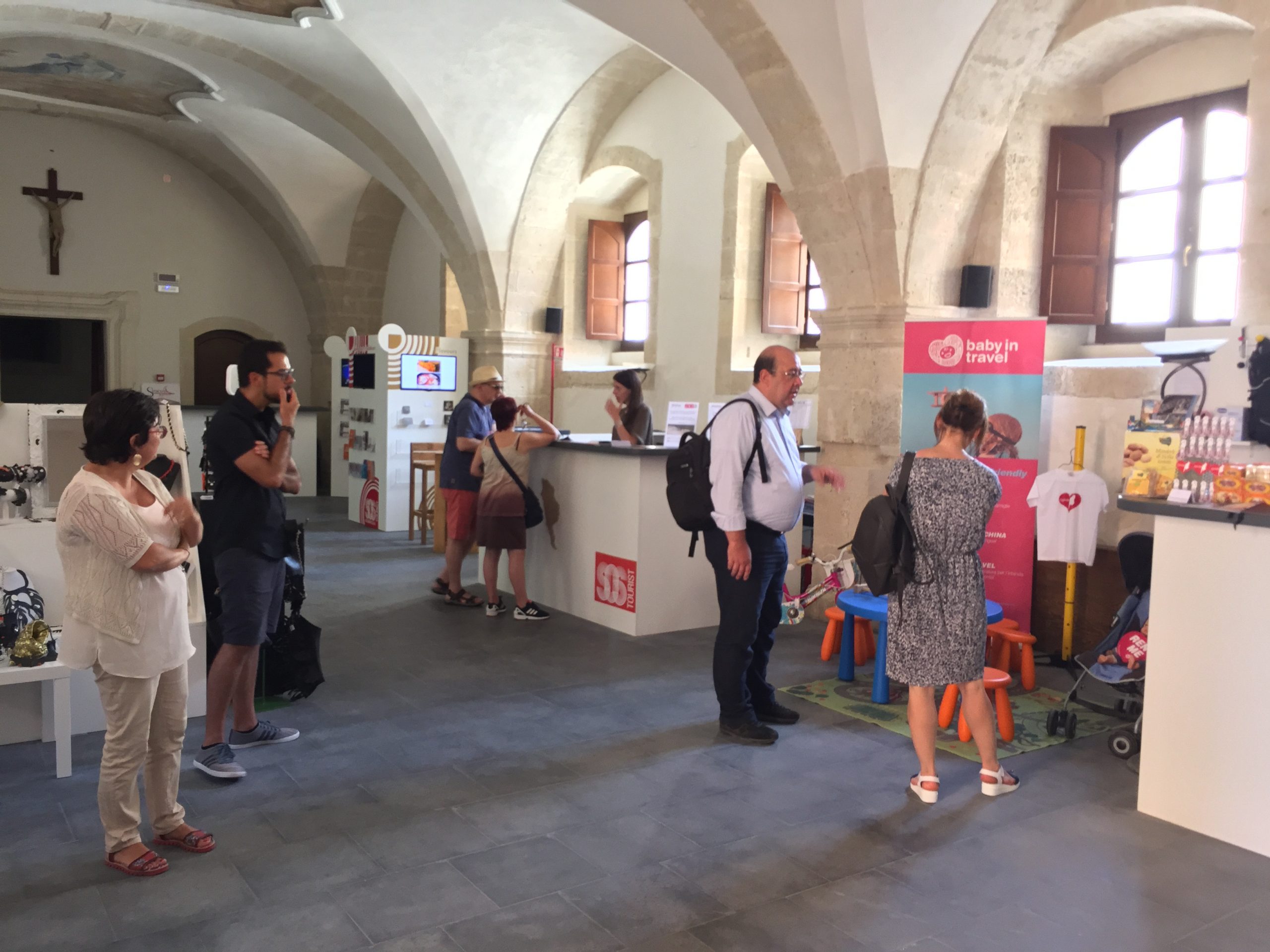
Community foundations are a means to mobilise resources within a territory in order to help the creation of local initiatives. In an area with limited
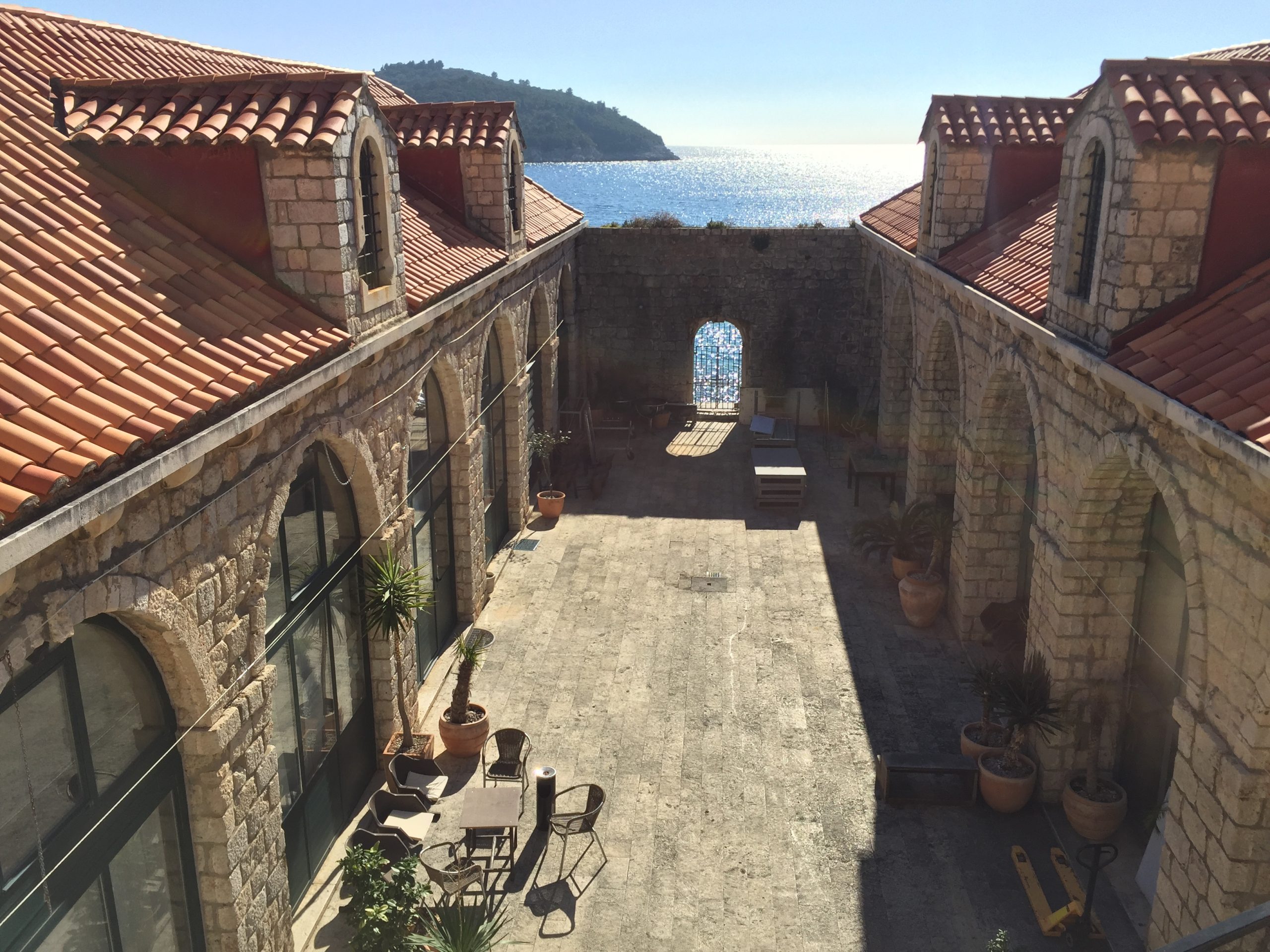
In the year 2000, the Art Workshop Lazareti, one of the most significant Croatian organisations in the field of contemporary arts and culture, signed a
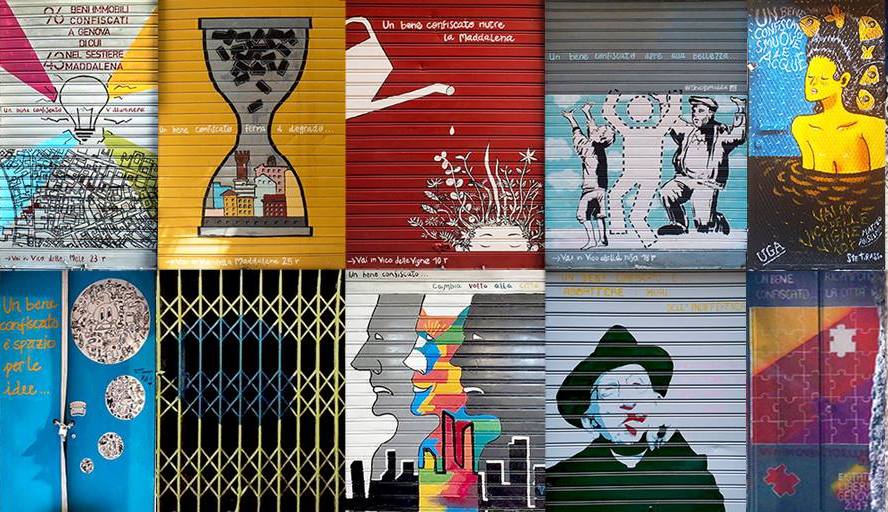
Confiscation is an asset security measure consisting in the expropriation, in favour of the State, of something which has been used to commit an offence
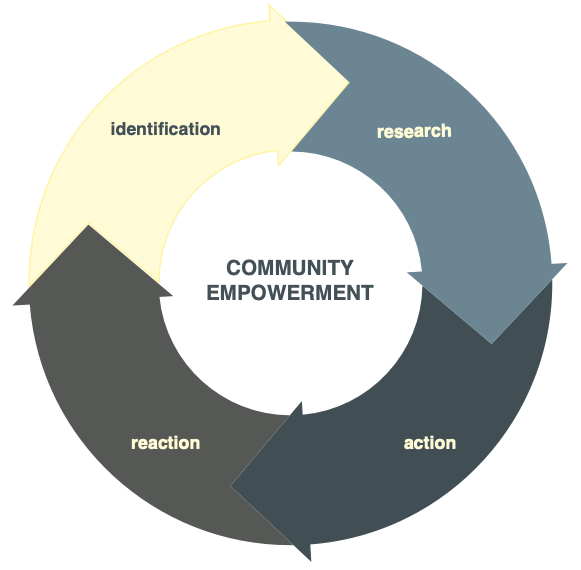
Local Operators’ Platform (LOCOP) is an independent initiative and research lab specialised in cultural research. LOCOP’s aim is to critically assess cultural policies and transnational
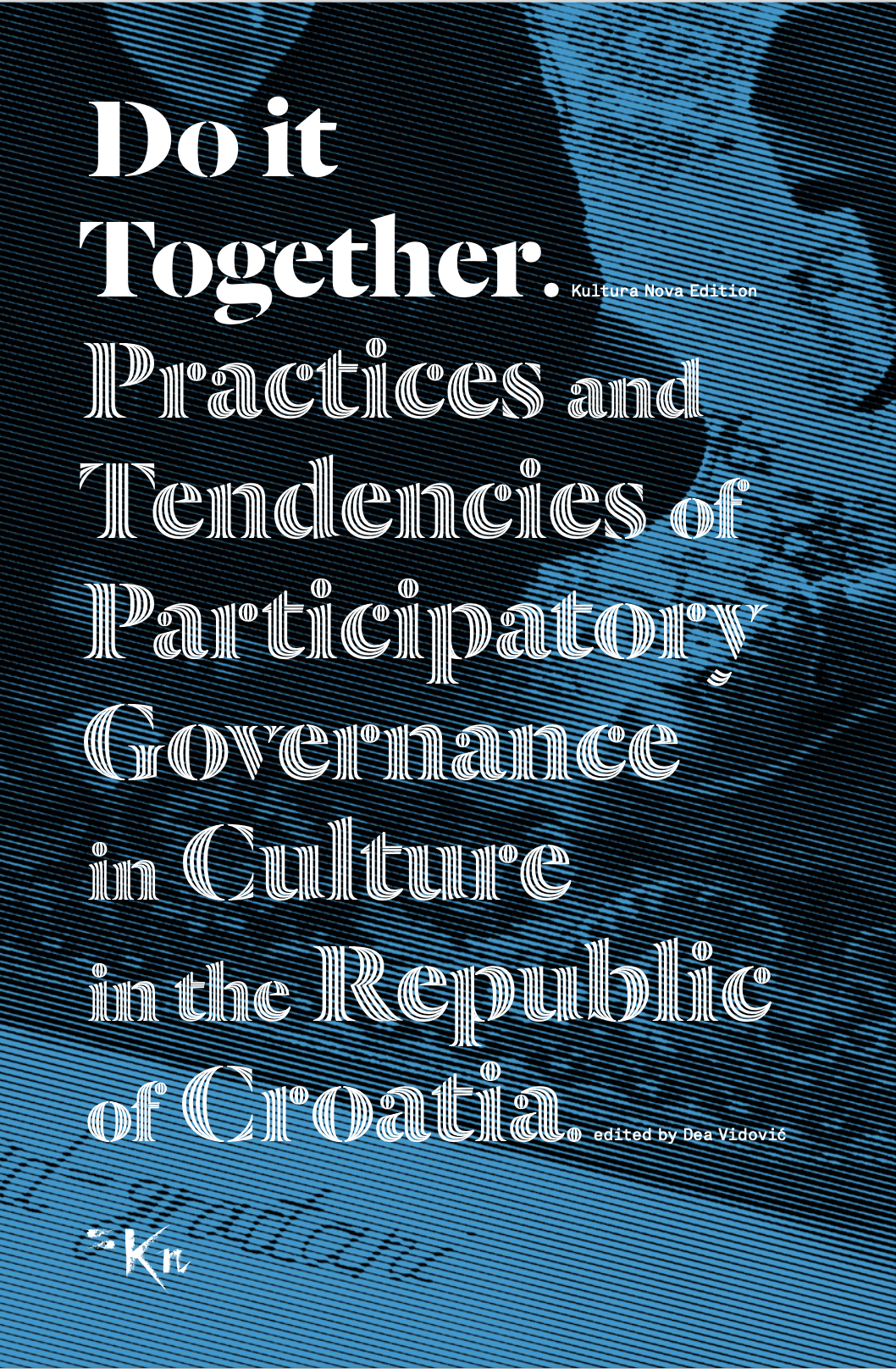
Kultura Nova is a public foundation promoting civil society organisations in the field of contemporary arts and culture. The foundation was established in 2011, when
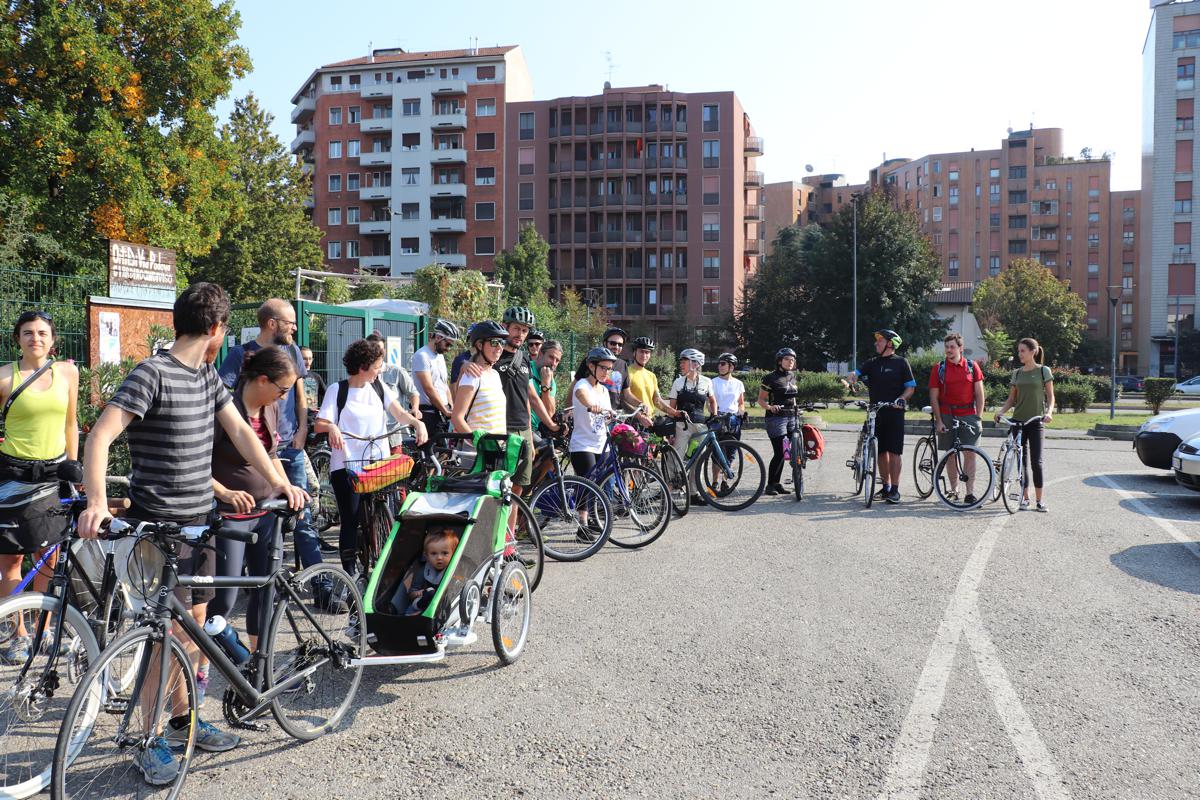
“Super, the festival of peripheries” was started in Milan in 2015 by an interdisciplinary group of professionals. The event was initially conceived to create a
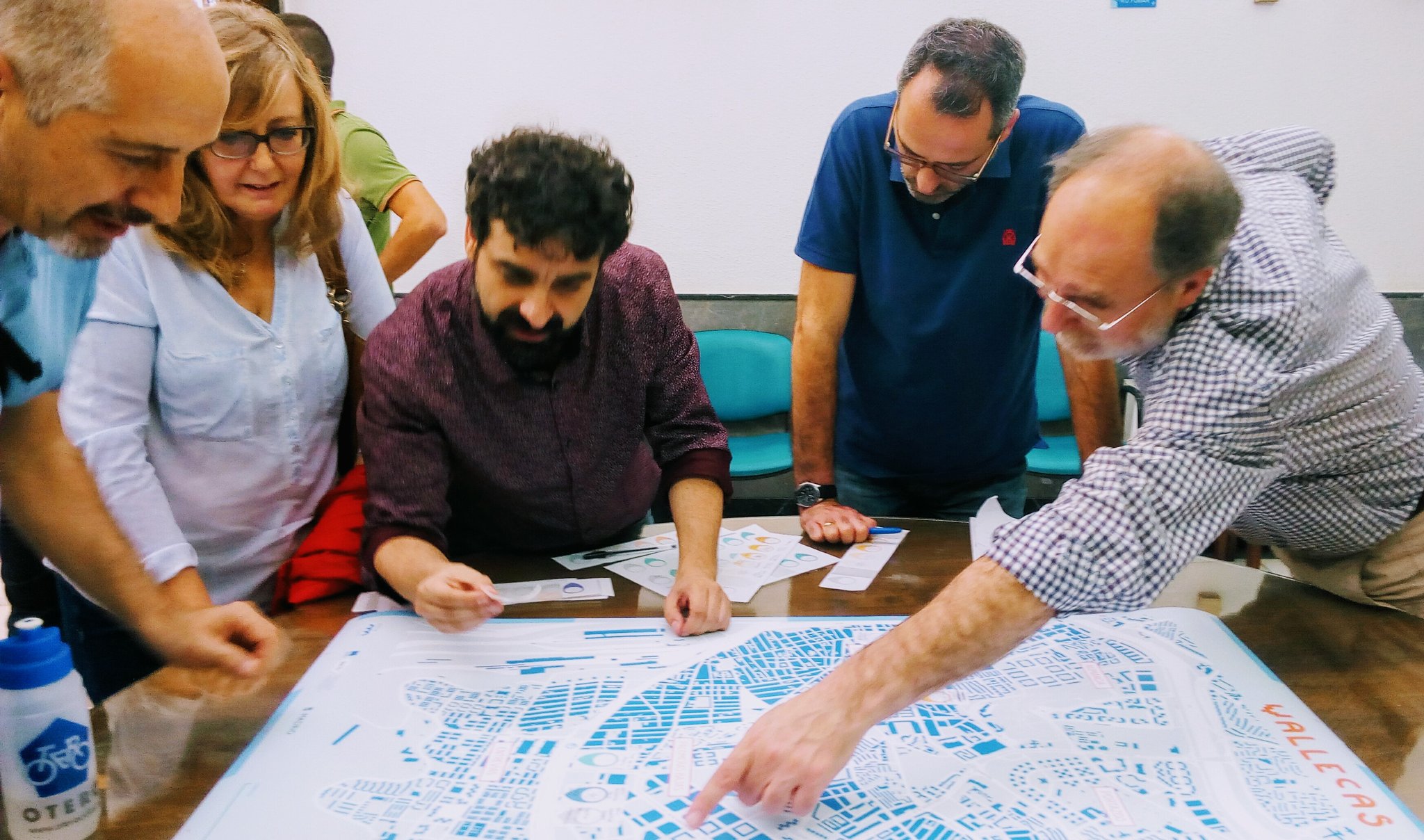
When we undertake any type of project, of whatever nature, it is more necessary than ever to be able to count on natural allies for
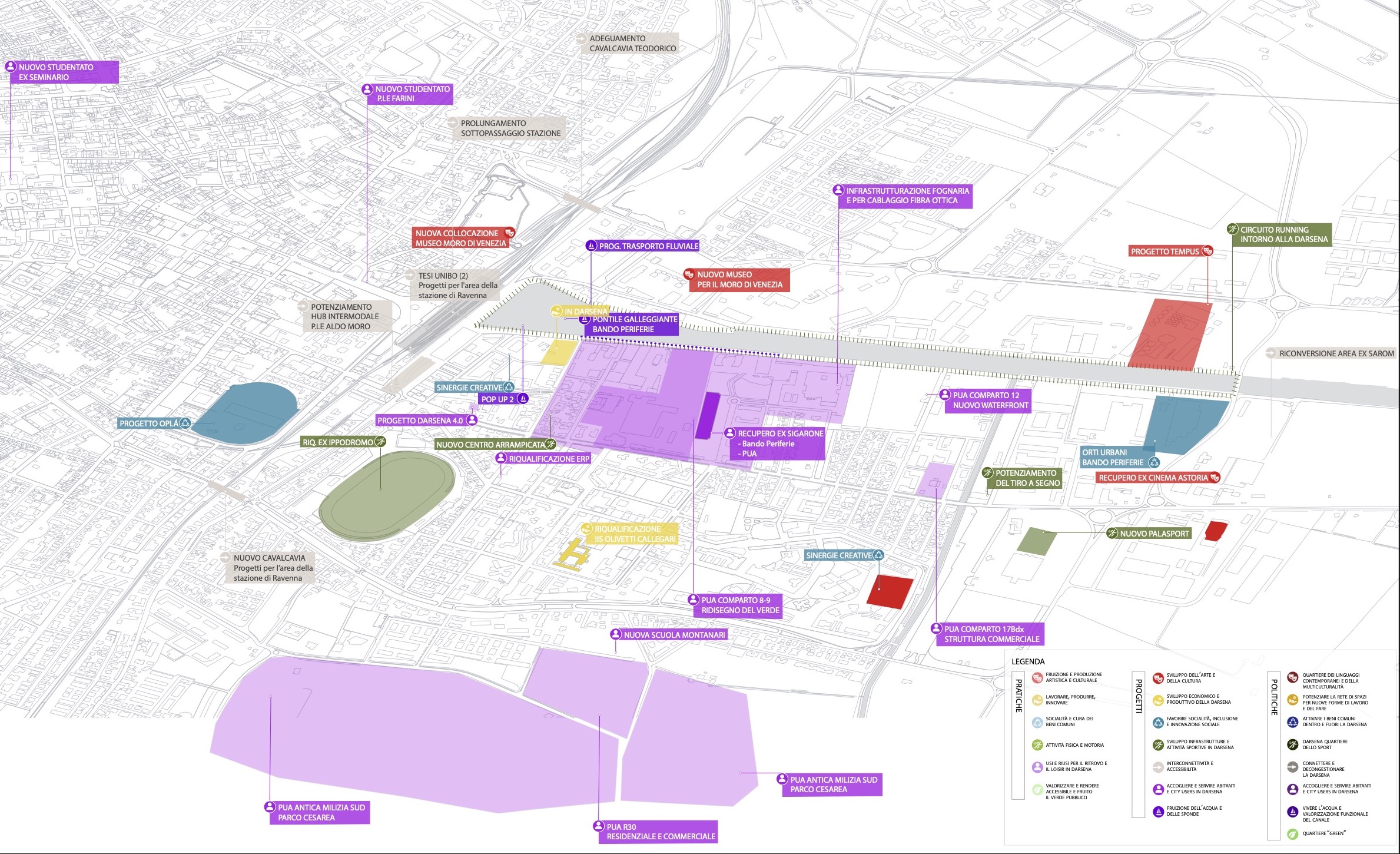
Many urban regeneration schemes focus on architectural interventions or masterplans that aim to transform the social fabric of an area through shaping its built environment.
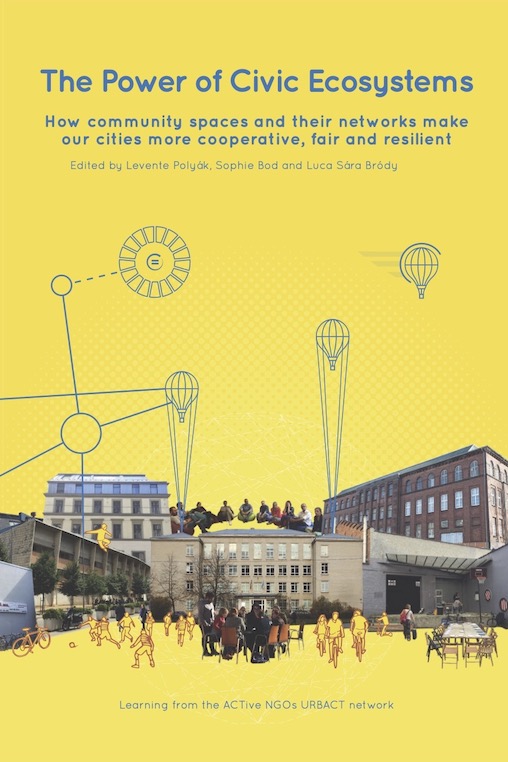
The Power of Civic Ecosystems: How community spaces and their networks make our cities more cooperative, fair and resilient Public-civic cooperation has never been as

Once called a sonic wonderkid by Time Out, American singer, songwriter Joe Driscoll had a successful music career in Europe when he decided to move

The Power of Civic Ecosystems: How community spaces and their networks make our cities more cooperative, fair and resilient Edited by Levente Polyák, Sophie Bod
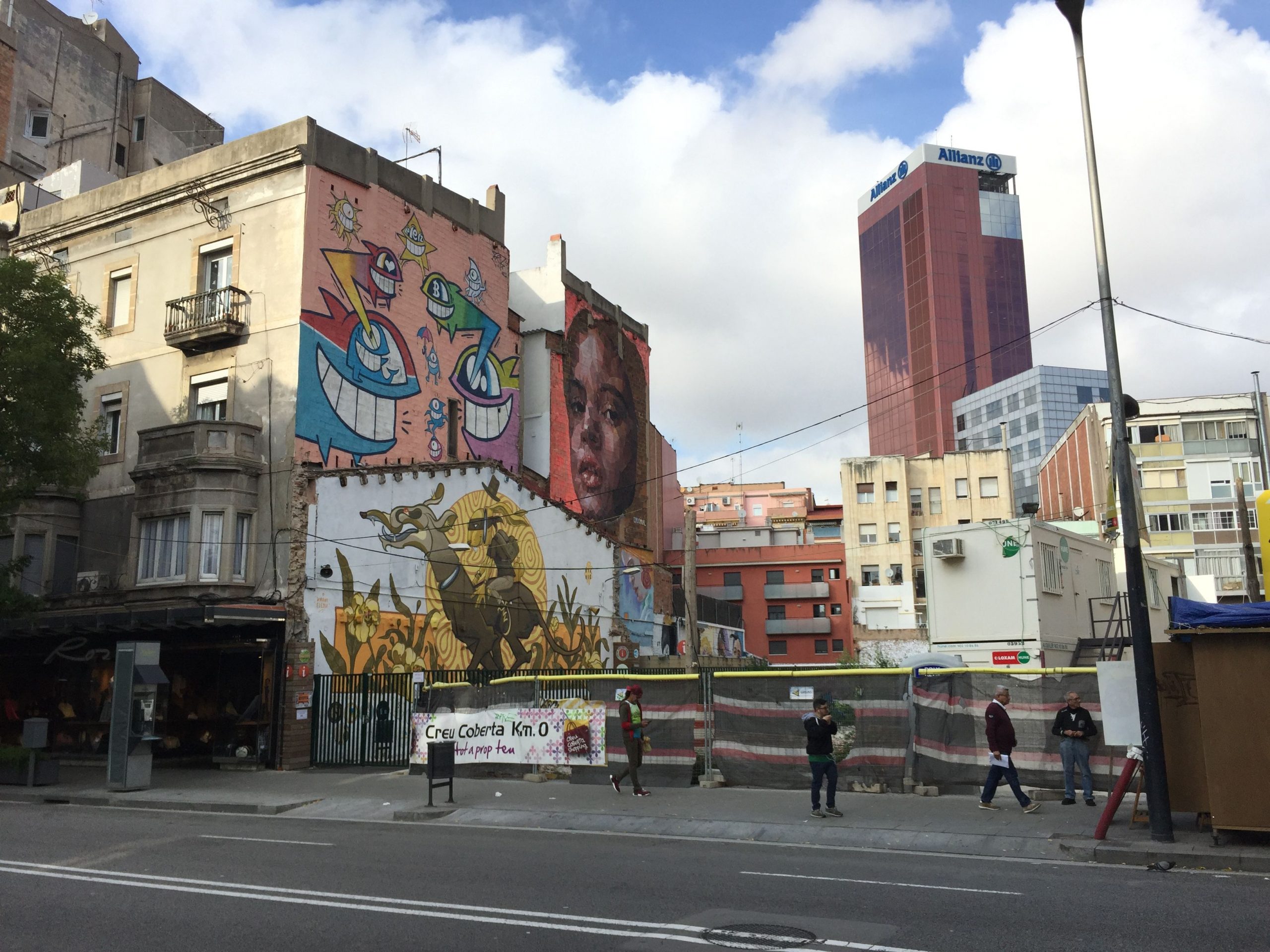
By Nikolas Kozloff To the extent that at least some people will be able to travel after the pandemic subsides, and haven’t gone bankrupt, how
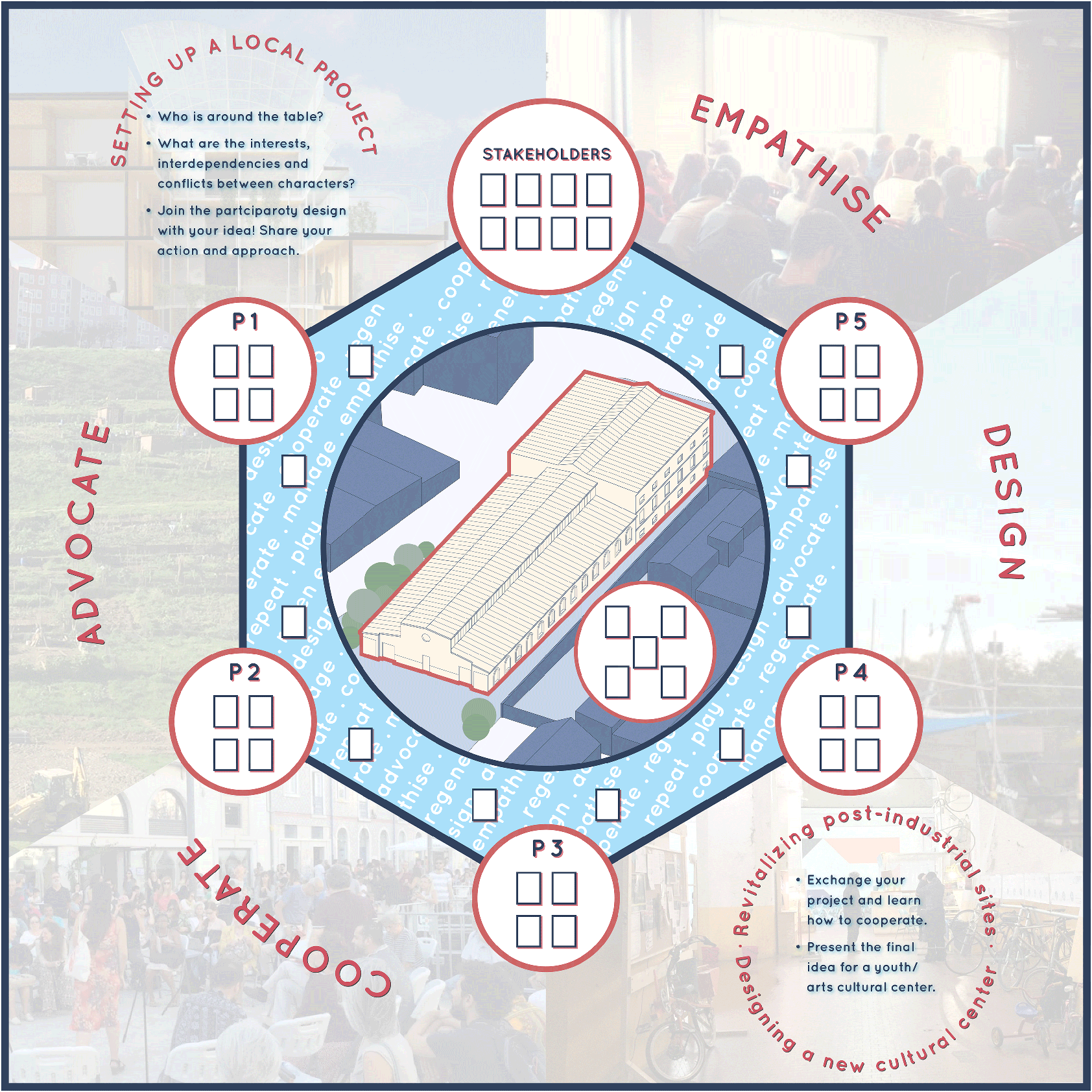
Living and working in times of physical distancing and – sometimes forced – digitalisation cannot always be about video meetings via Zoom, Skype or other
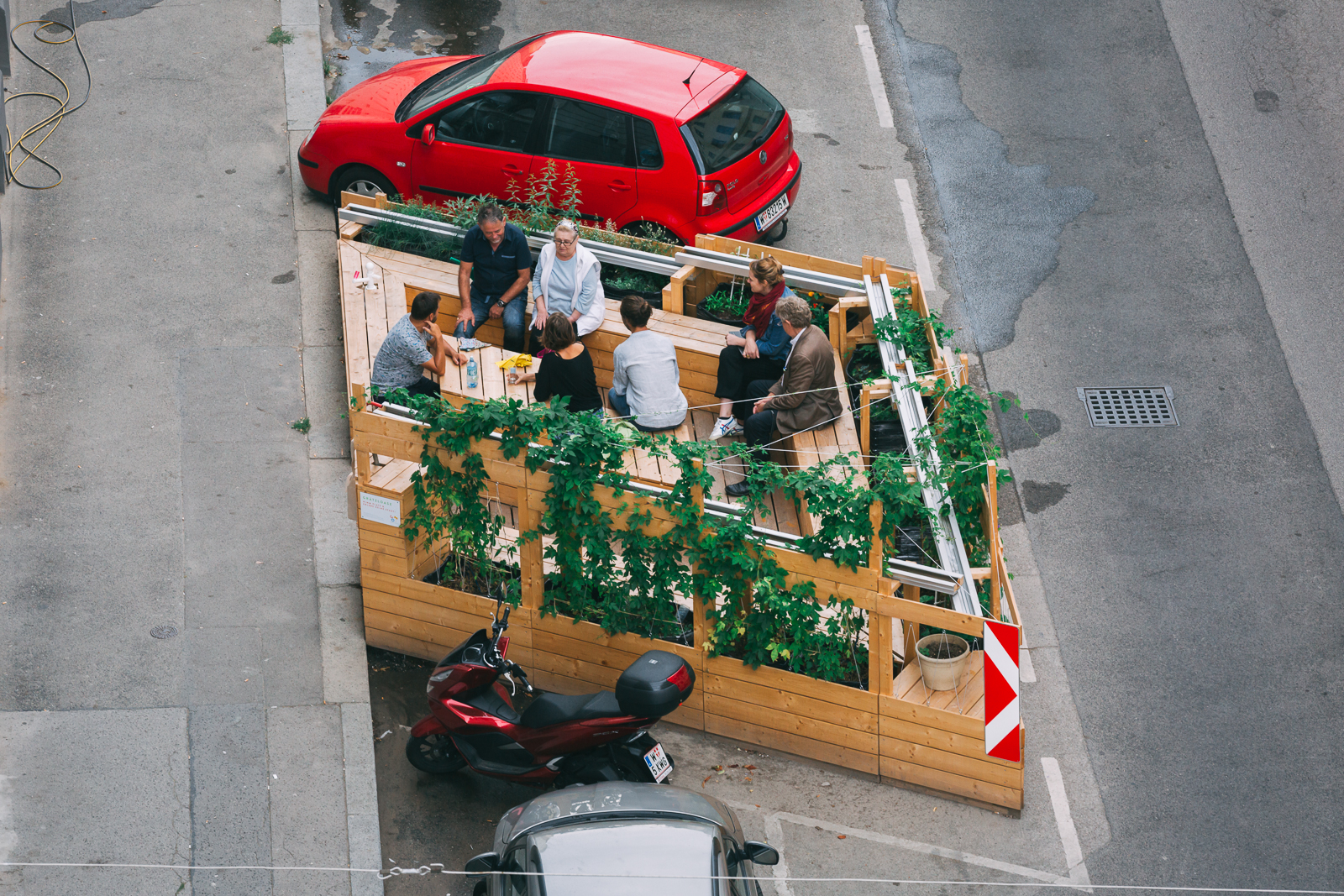
We all have beloved public spaces – spaces where we feel safe and comfortable, places we like to come back to, places where we can

2020 will remain in our memory as the year of a sudden, world-wide crisis. Although the pandemic is far from being over, with the arrival
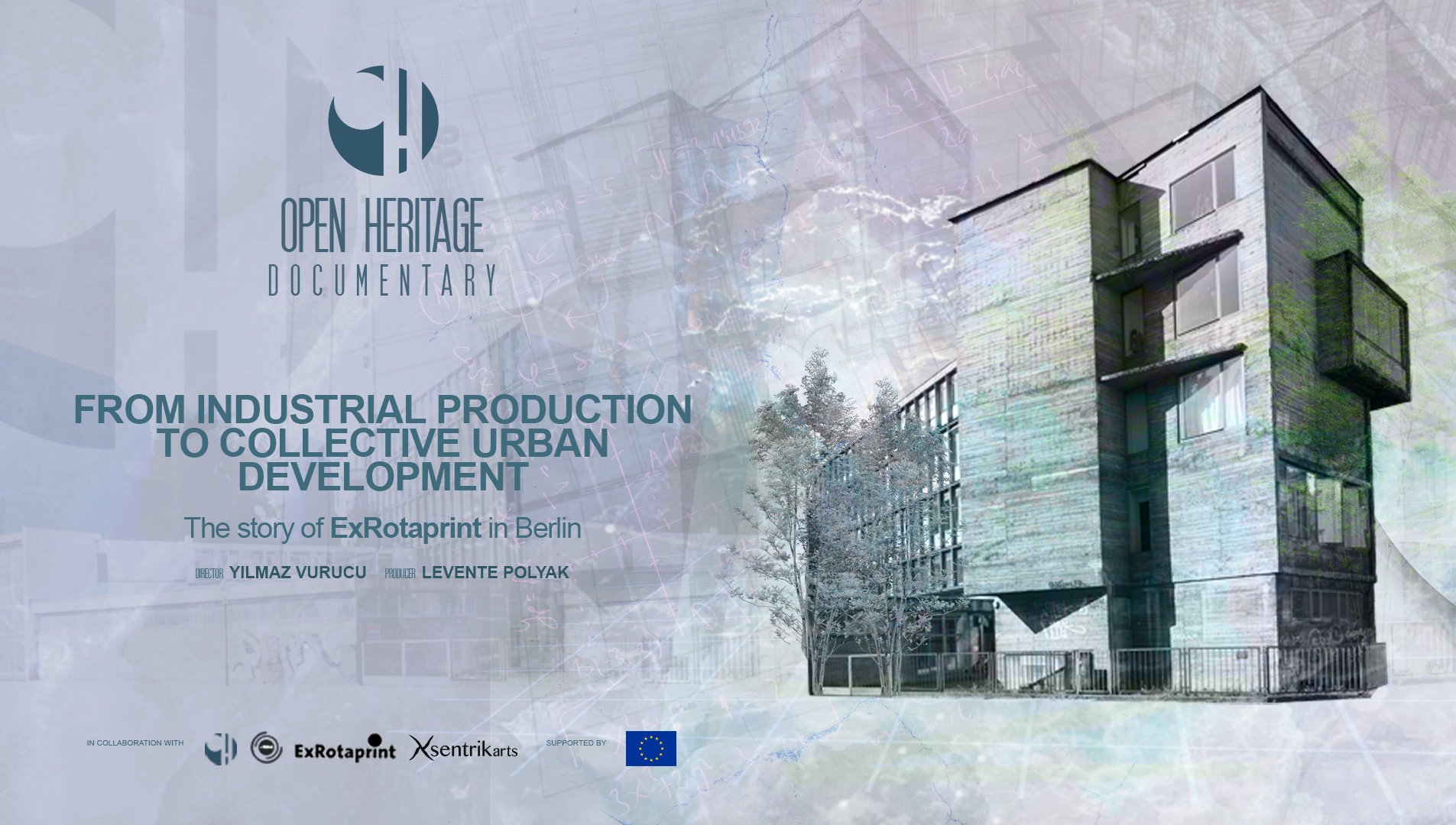
ExRotaprint was founded in 2007 by tenants of the former Rotaprint industrial complex located in Wedding, a traditional working-class district in central Berlin. ExRotaprint set up a legal configuration comprising a heritable building right and non-profit status in order to buy the complex put up for sale by the Berlin Municipality’s Real Estate Fund. Established by the tenants ExRotaprint became owner of the 10,000 m2 complex and started a non-profit real estate development project setting a precedent in Berlin that inspired many experiments in cooperative ownership and a campaign to change the city’s privatisation policy. ExRotaprint offers affordable rents to small businesses, artists and social projects.

Right in the centre of Warsaw, where there once was the summer residence of royals, now lies a one-of-a-kind symbol of resistance, rebirth and civil

A four-storey historical building in the heart of Vienna that houses bicycle, woodworking and sewing workshops, a restaurant serving international cuisine and a café hosting
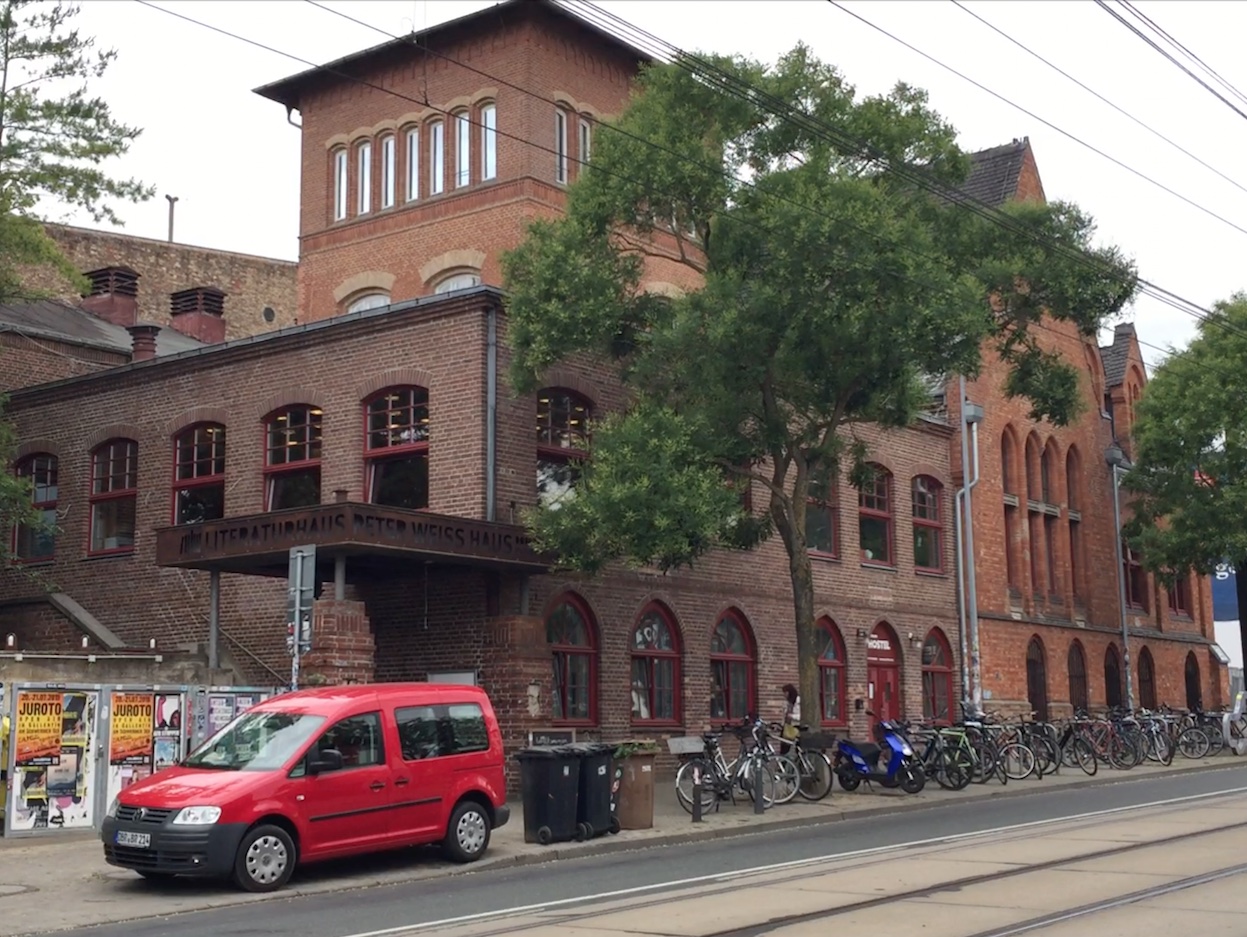
The Peter Weiss Haus is as a free educational and cultural centre located in an historical building in downtown Rostock. Through the creation of an
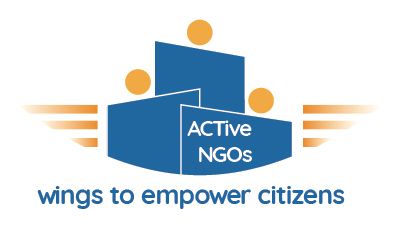
Written by Eutropian Director Levente Polyak for Urbact. The COVID-19 crisis has heavily disrupted the activities of NGO Houses and their civic ecosystems. While the

Interview with Daniela Patti, Director of Eutropian by the European Urban Knowledge Network. How can we prepare for and cope with crisis situations in dense
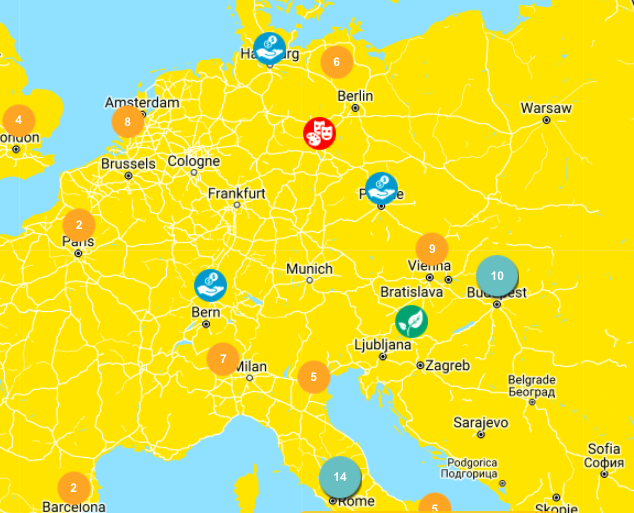
Realising the need to create international dialogue on handling the COVID-19 crisis at the local level, Eutropian launched a weekly webinar to connect activists and
What is the Magazine about? Cooperative City Magazine brings its readers the stories of collaborative urban development processes in different areas in Europe.It is a
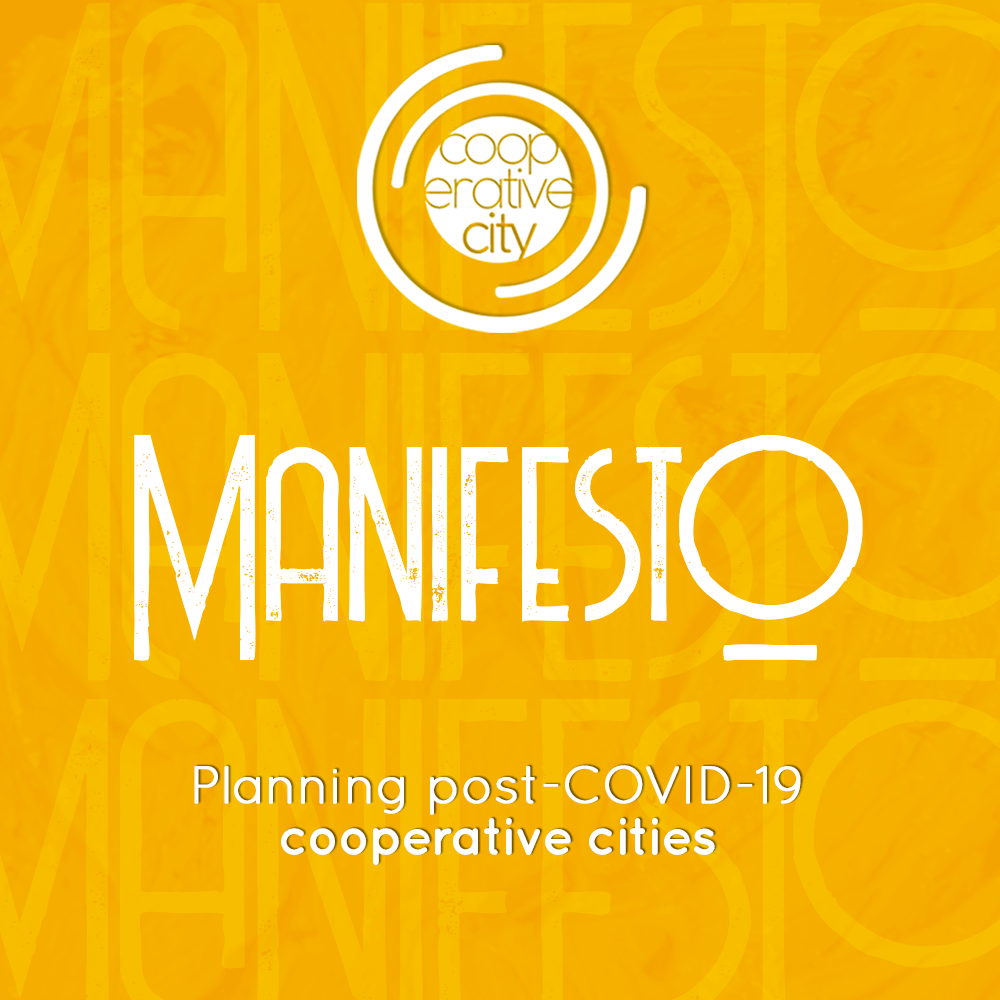
Planning post-COVID-19 cooperative cities Building on existing efforts towards social economy We advocate for existing knowledge, policy recommendations and financial resources to be geared towards
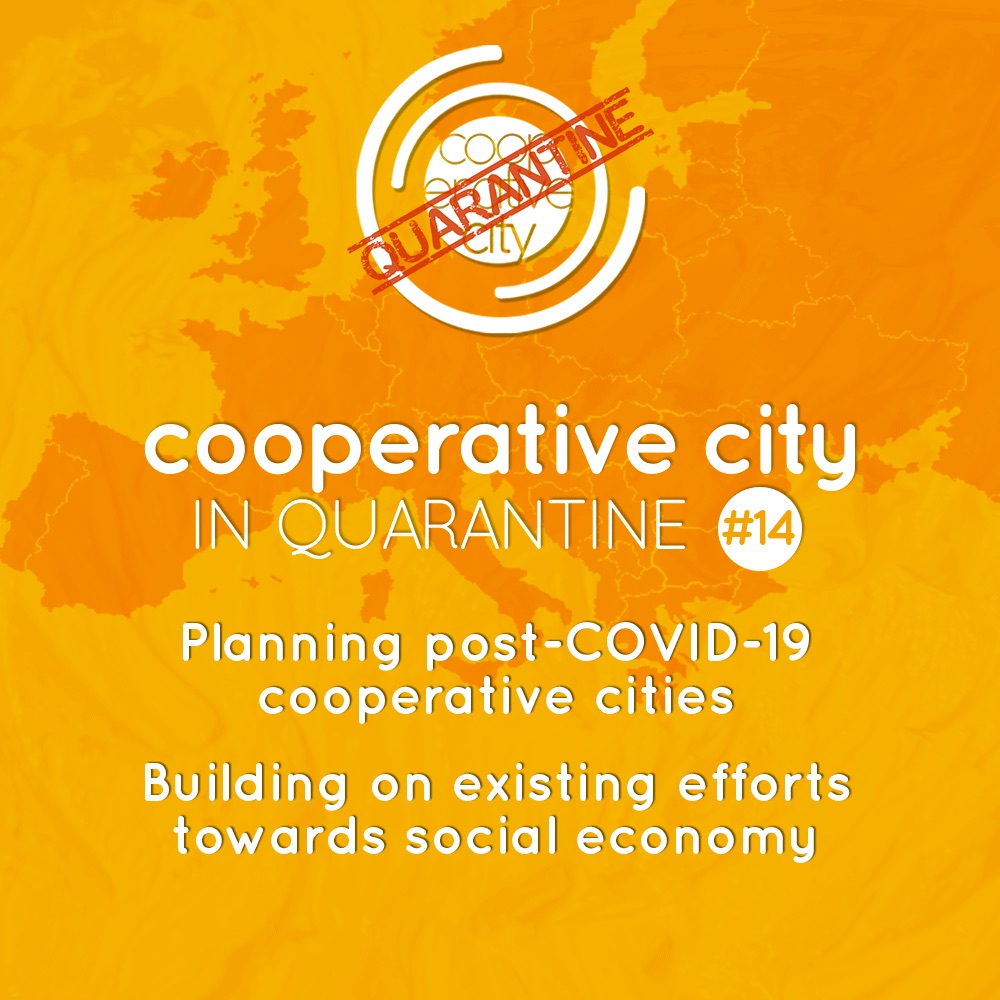
During the first weeks of the lockdown we noticed that there was little or no exchange across nations about how to respond to the emerging
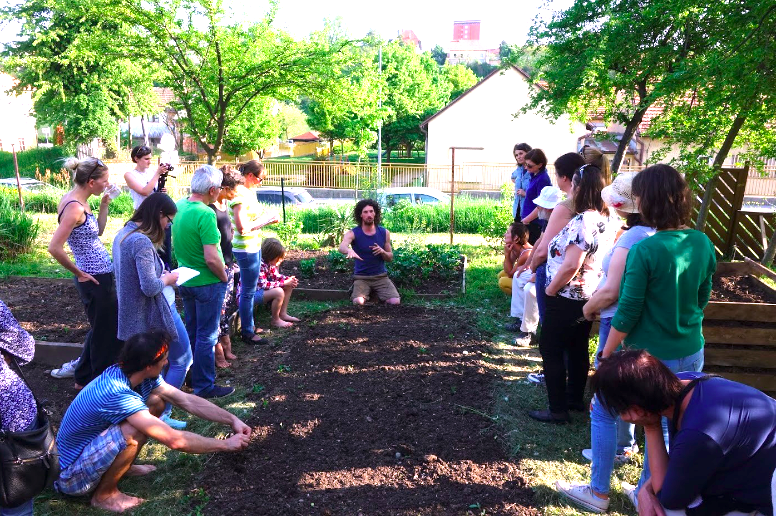
The City of Maribor is piloting circular economy projects to close the material loops through the involvement of the municipal companies. In this interview with
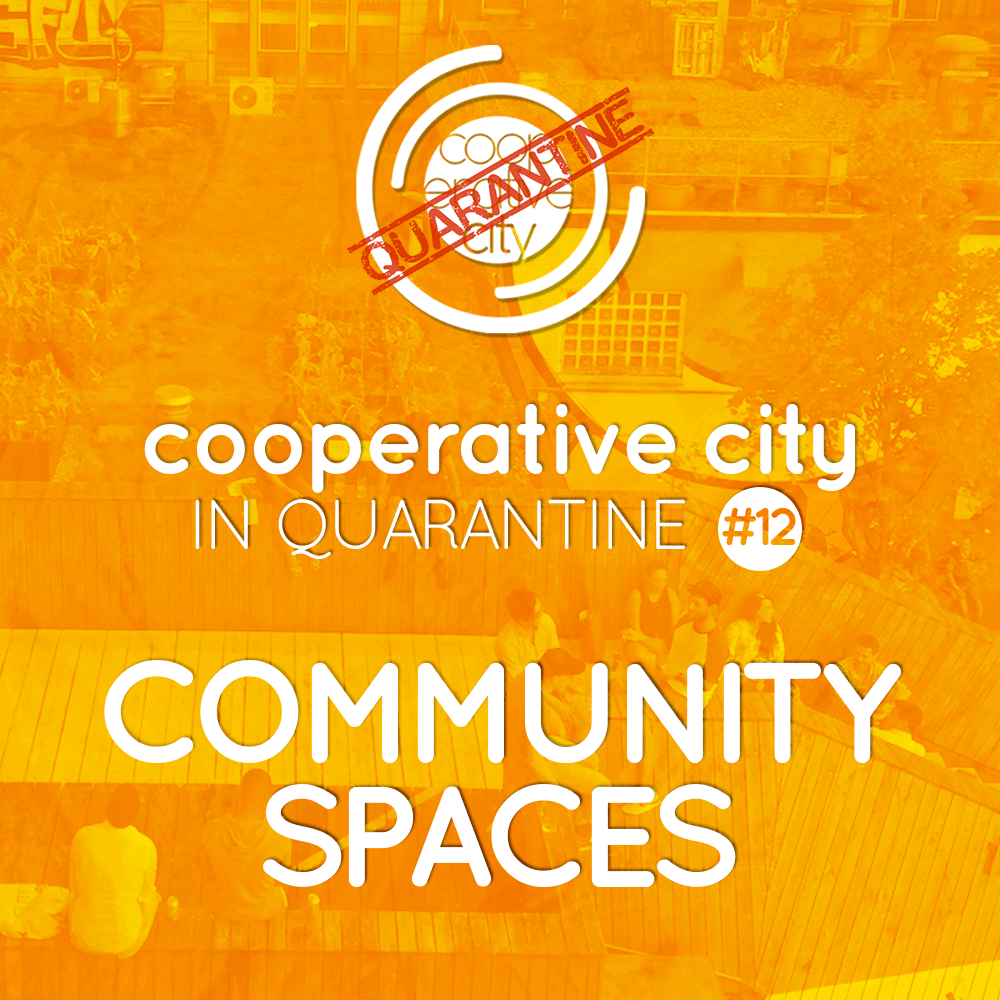
Since the 2008 economic crisis, cities in Europe have witnessed a veritable revolution in community-led development processes. Prompted by the opportunities offered by the last
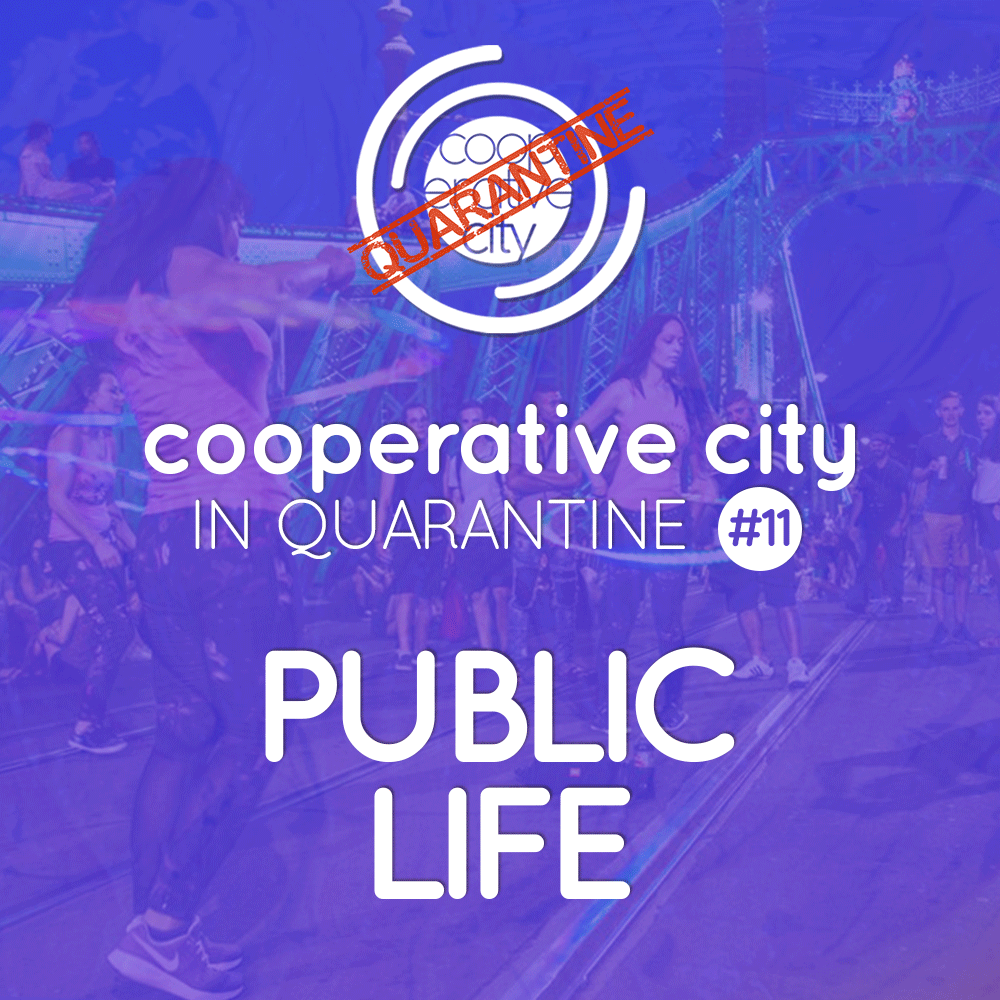
With the pandemic and the subsequent lockdown, public space was one of the most affected parts of our urban life. With the shut down of
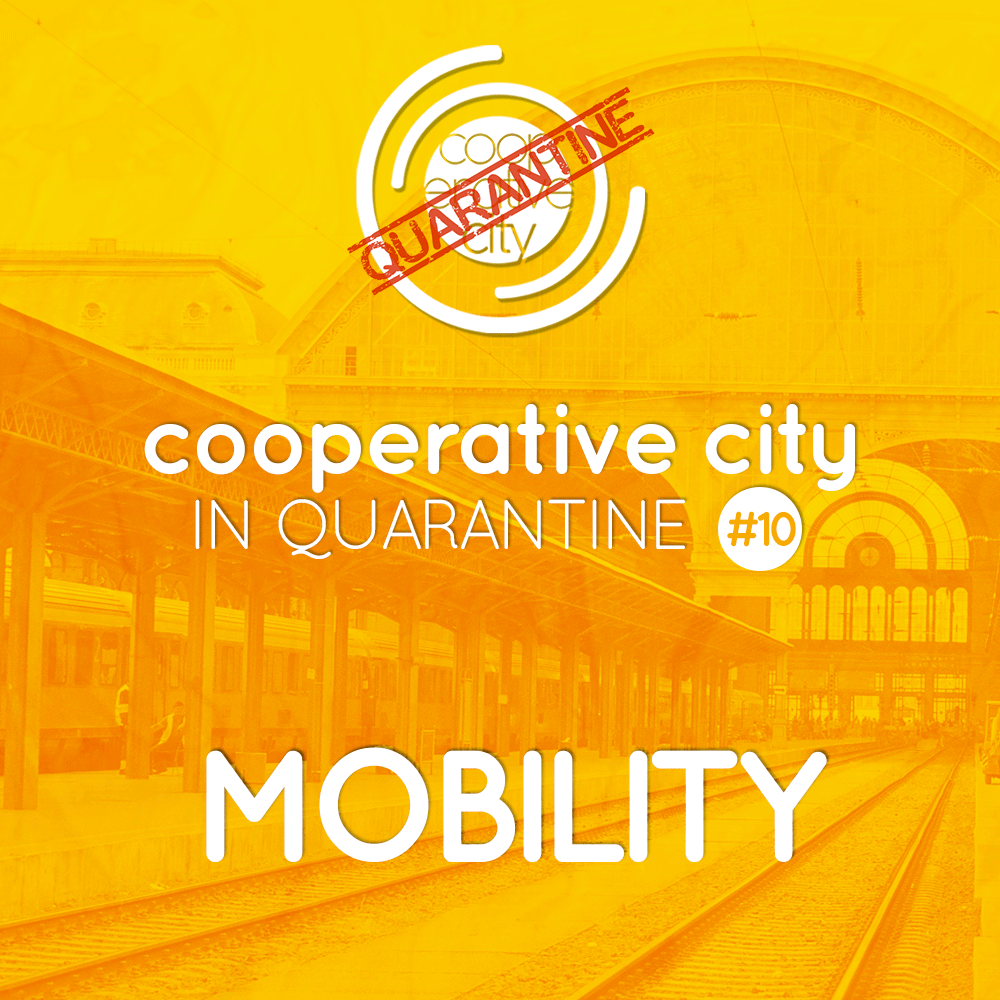
The Covid crisis is changing our lives, and mobility is definitely going to be one of the hottest topics – and one of the most

The COVID-19 crisis has exposed the vulnerability of many disadvantaged social groups. Among these groups, refugees and asylum-seekers are particularly at risk, with limited visibility
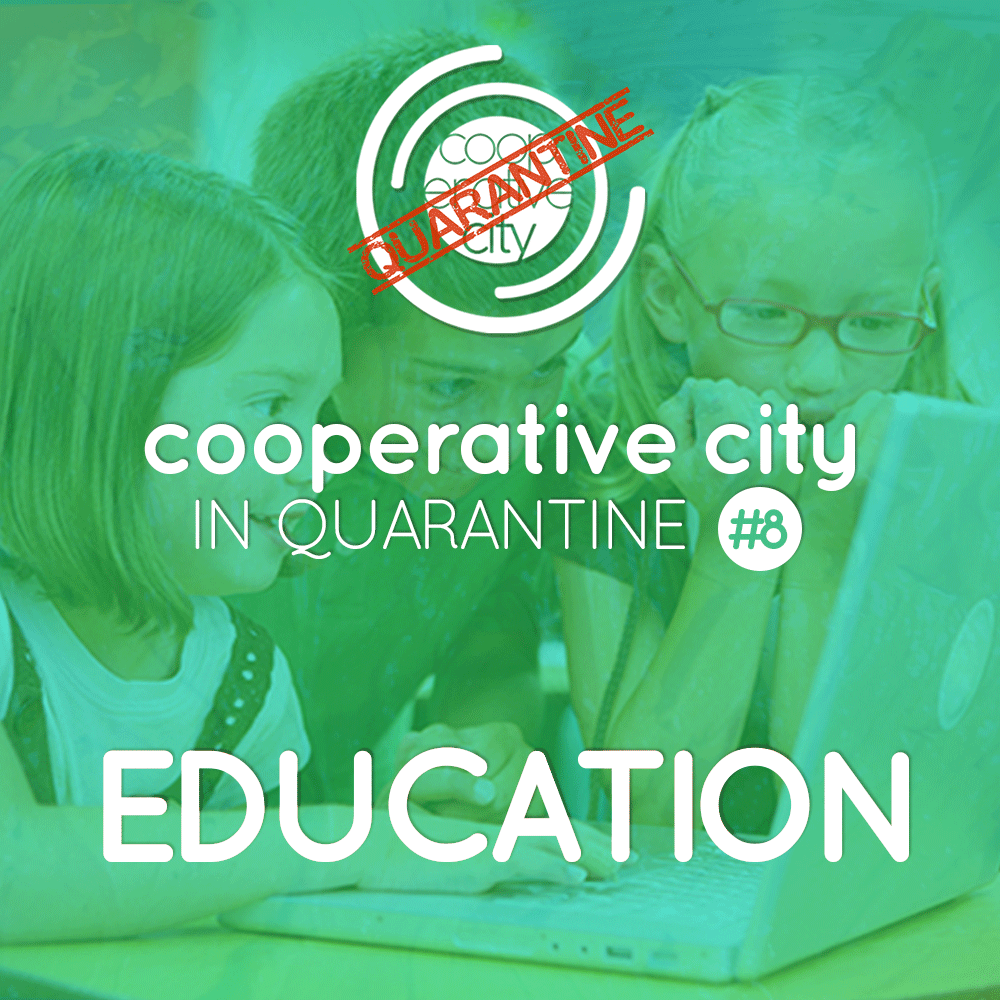
What is the role of e-learning in schooling and education, and what are the challenges and opportunities we are seeing by this very swift digital

Given the current situation, more than 200 million people could become unemployed as a result of this crisis. Not everyone can work home, and disadvantaged

Urban Commons are all those spaces, services and resources that are directly managed by local communities for their wellbeing. Taking care of such common goods
#2 Placemaking at the street-level We discuss how tactical urbanism, notably street-level experiments can lead to systemic sustainable transition at the city-level. Watch video #1
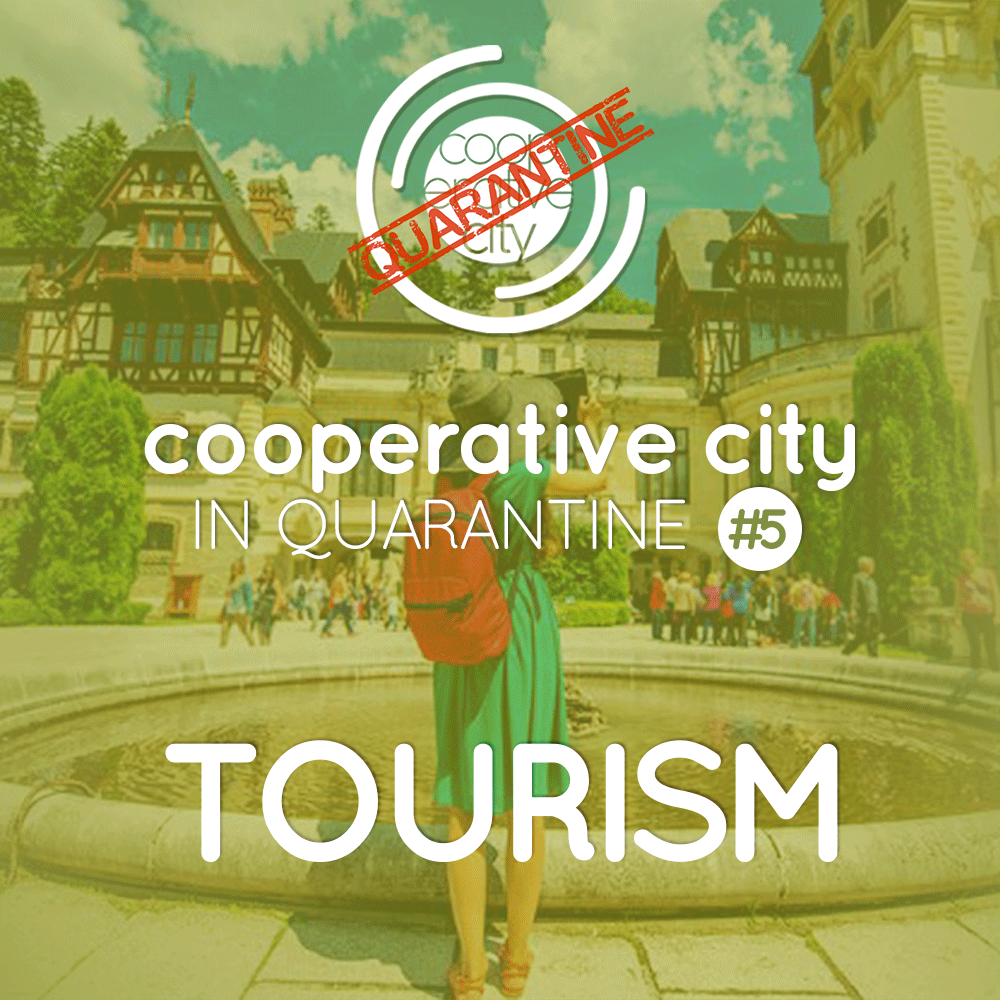
Tourism is big business: It employs more than 12 million people in Europe, it counts for 3,9% of EU’s GDP, in 2019 global tourist revenues
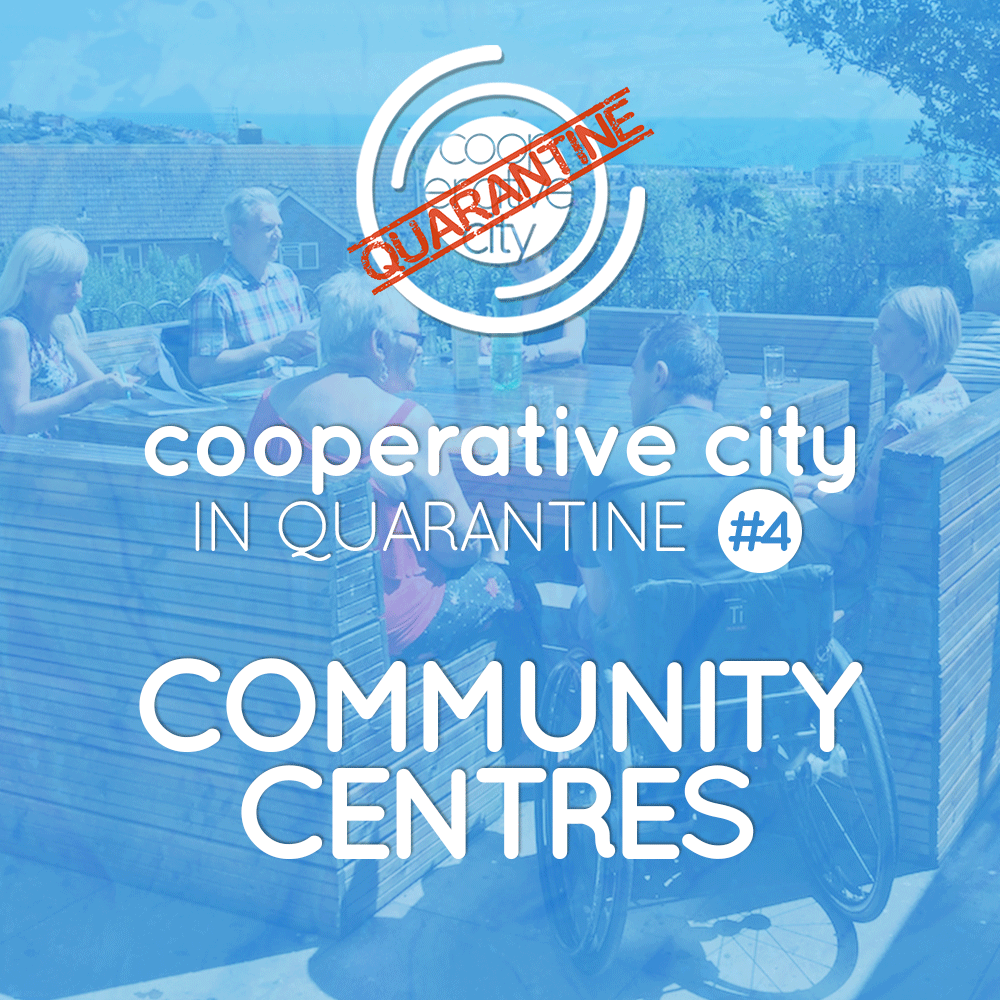
Probably all community centres in Europe have a lot in common regarding the way they work during this challenging and totally new situation. Community venues,

The Coronavirus pandemic is causing huge damage in both physical and psychological terms in all fields of life. At the moment, approximately eight million people
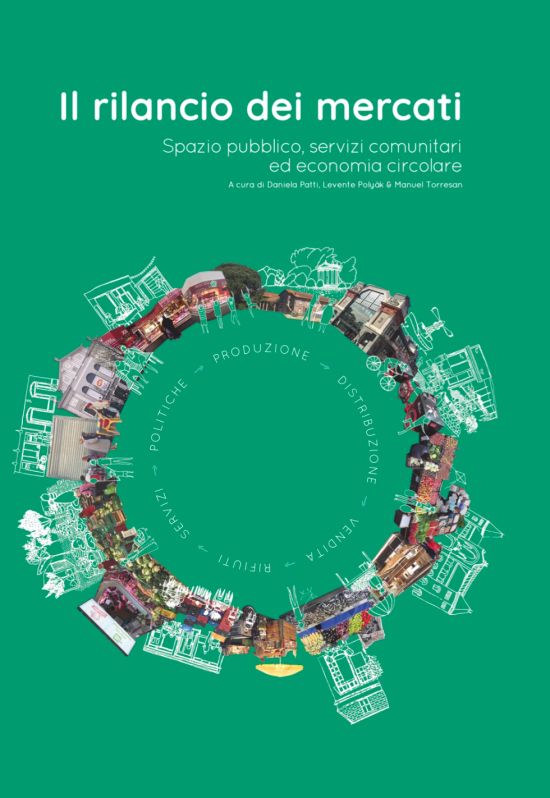
I mercati rionali sono spazi pubblici per eccellenza: luoghi di incontro, punti di scambio ma anche centri di aggregazione. Oggi sono però spazi in grande sofferenza, con pochi operatori attivi, forte competizione da parte della grande distribuzione e sempre meno abitanti che entrano per socializzare e comprare i beni di prima necessità. Che forma possa prendere il futuro dei mercati non è però una cosa semplice da immaginare e il tema è infatti stato oggetto di vari incontri nel corso degli ultimi anni con un numero crescente di persone. Alcune delle domande emerse vertono sulla possibilità del mercato di riprendere un ruolo centrale all’interno di una politica pubblica alimentare. Possono i mercati diventare degli snodi all’interno di una filiera corta del cibo? Possono i prodotti delle terre pubbliche gestite da cooperative di giovani agricoltori trovare un canale di vendita preferenziale nei mercati rionali? Possono i Gruppi di Acquisto Solidale (GAS) avere uno spazio di smistamento negli stalli mercatali? Può il mercato integrare servizi di consegna a domicilio o di acquisto online? Possono i rifiuti organici essere raccolti nei mercati e portati nelle aziende agricole per diventare compost?

With the announcement of the lock-down due to the COVID-19 people in many cities literally assaulted the supermarkets to make sure they had enough stock
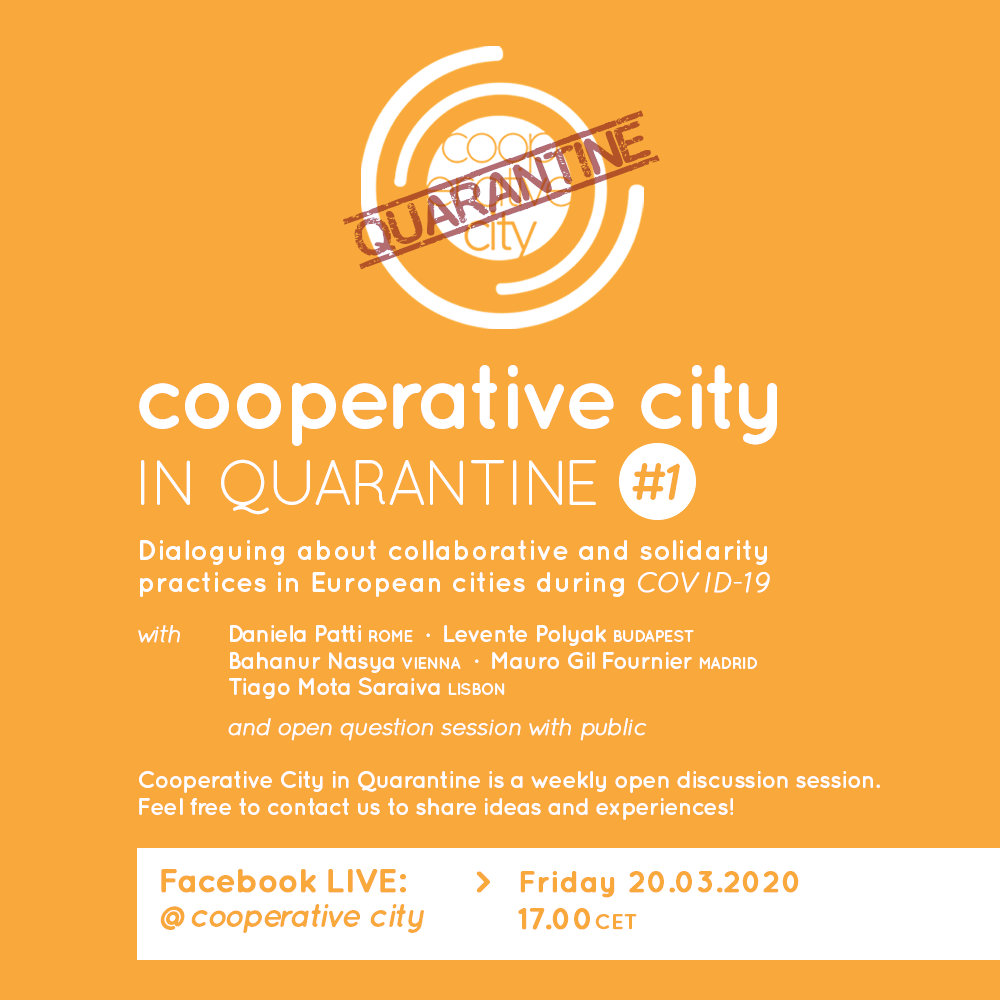
It is hard times, we fear for the future globally and individually. Many of us feel lonely in the isolation of our homes. But many

Progettare città cooperative post-COVID-19. Mettendo a valore gli sforzi compiuti nell’Economia Sociale Vogliamo che in tutta Europa le

Nel corso delle prime settimane di lockdown ci siamo resi conto che fra i paesi colpiti dalla crisi seguita alla diffusione del Covid-19 non

Fin dalla crisi economica del 2008, le città europee si sono trovate ad affrontare una vera e propria rivoluzione dei processi di sviluppo a guida

Con l’arrivo della pandemia e del lockdown che ne è seguito, lo spazio pubblico è stato uno degli settori più colpiti della nostra vita urbana.

La crisi Covid sta cambiando la nostra vita, e la mobilità è certamente fra i temi più caldi – nonché una delle sfide più importanti

La crisi dovuta al Covid-19 ha fatto venire alla luce in modo ancora più evidente la condizione di vulnerabilità di molti gruppi sociali svantaggiati. Fra

Qual è il ruolo dell’e-learning nell’istruzione e nell’educazione, e quali sfide ed opportunità ci troviamo ad affrontare a seguito del rapido cambiamento delle infrastrutture digitali

Alla crisi Covid-19 potrebbero seguire ad oggi oltre 200 milioni di disoccupati. Non tutte le persone, infatti, sono in condizione di poter lavorare da casa, e

I beni comuni urbani (Urban Commons) sono tutti quegli spazi, servizi e risorse che favoriscono il benessere delle comunità locali e sono gestiti da

Episodio #5: Turismo Quali danni ha subito l’industria del turismo in seguito alla crisi covid-19, e quali opportunità questa può offrire? Grande business, quello del

Episodio #4: Centri di Comunità e network ONG Attive (ACTive NGOs) È ormai chiaro a tutti che l’epidemia di Coronavirus ha cambiato le abitudini quotidiane di
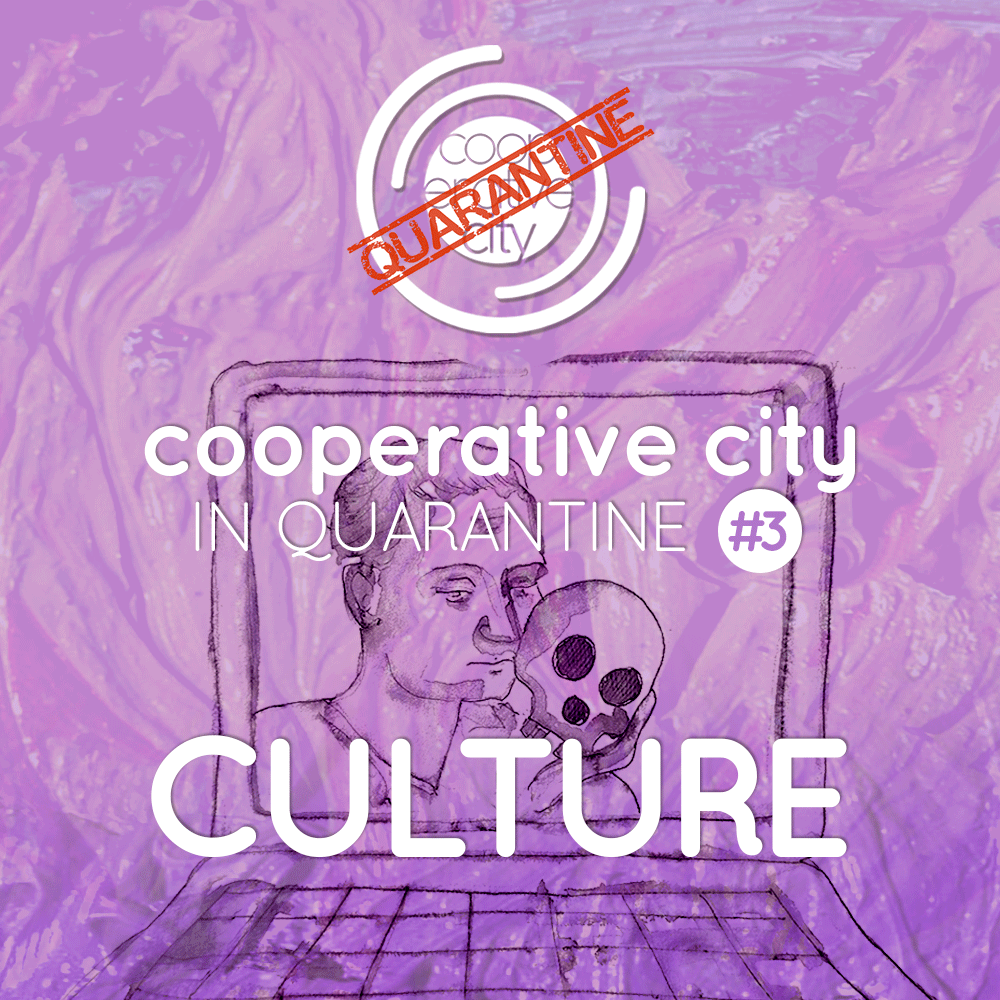
Episodio # 3: Sfide e soluzioni potenziali per il settore culturale Viviamo tempi difficili, siamo spaventati e isolati nelle nostre case. E tuttavia in tanti

Cascina Roccafranca is a multi-functional community centre operating in a building owned by the City of Turin. The centre is managed through a cooperation between public and civic actors: a scheme that offers a valuable governance model while providing a wide range of social and cultural activities.

# 2: Sistemi di produzione e distribuzione alimentare Nel secondo episodio di ‘Cooperative City in Quarantine’ (27.3.20) abbiamo ospitato esperti di diverse città europee sul

Viviamo tempi difficili, abbiamo temuto per la nostra salute e quella dei nostri cari, e ci siamo trovati costretti all’isolamento nelle nostre case. Malgrado tutta
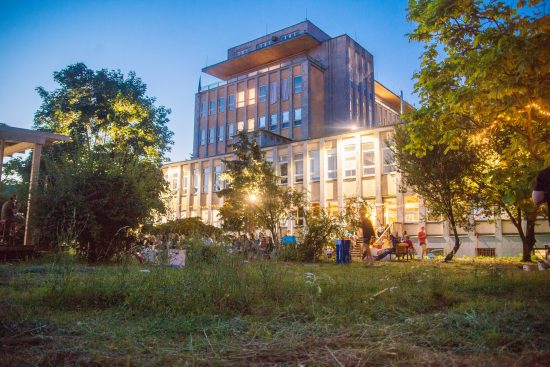
Nova Cvernovka is a community and cultural space located in a former Secondary Chemical school complex in the outskirts of Bratislava. Nova Cvernovka gives home
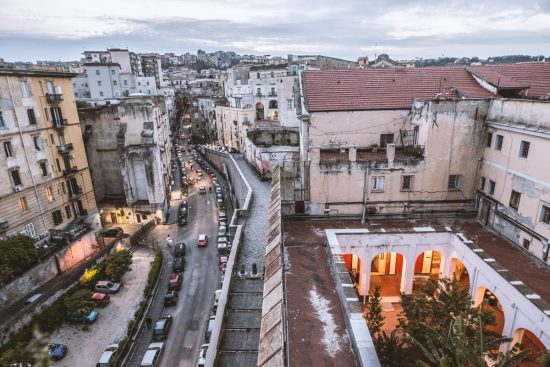
Abbiamo incontrato a Napoli gli attivisti del Centro Sociale Ex OPG Occupato – Je so’ pazzo, un ex ospedale psichiatrico che è stato sottratto all’abbandono,
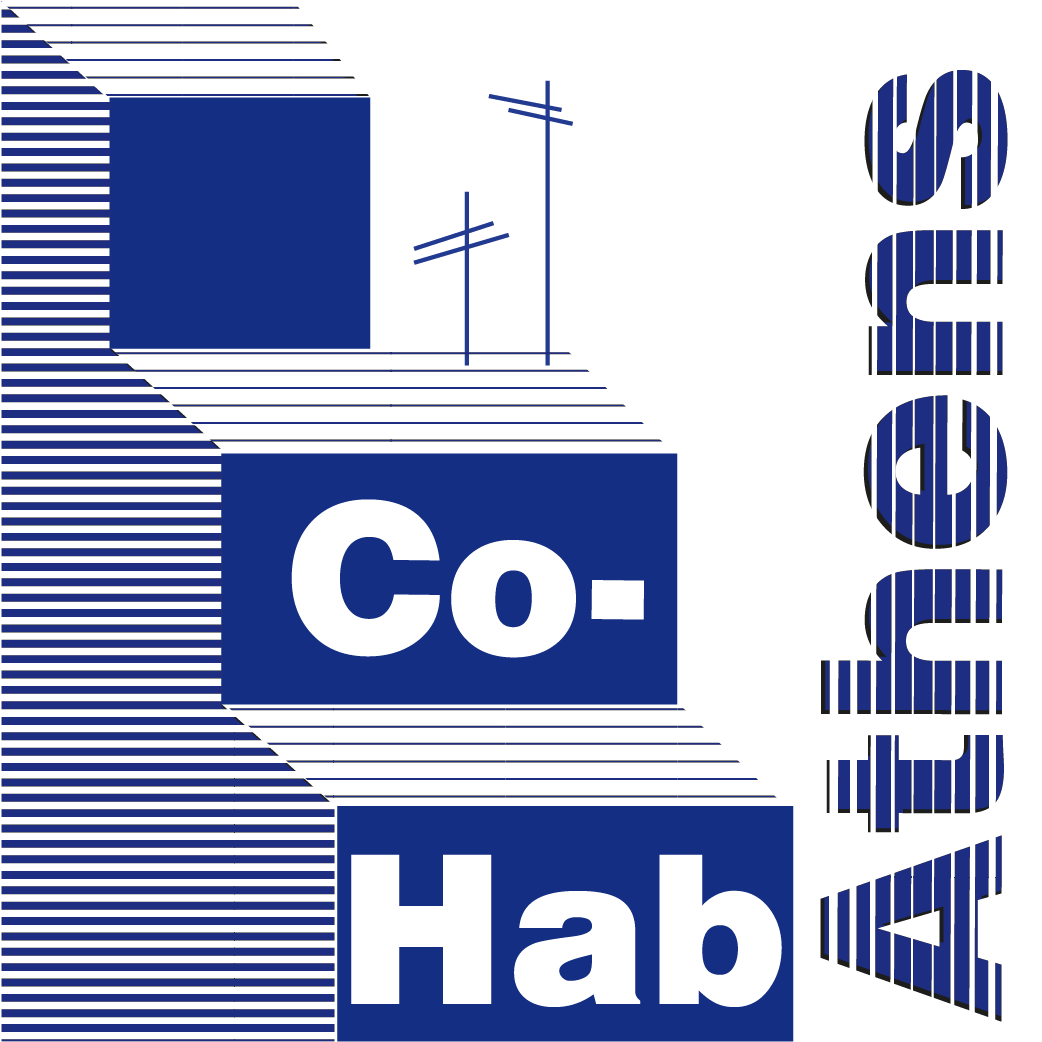
Co-Hab Athens is a research project which aims to elaborate long-term models of collective housing ownership, claiming the quality of housing as a right. Active

FRIEDA 23 is a venue for art and media production. Located in Rostock, Northern Germany, it was opened as a result of the cooperation of
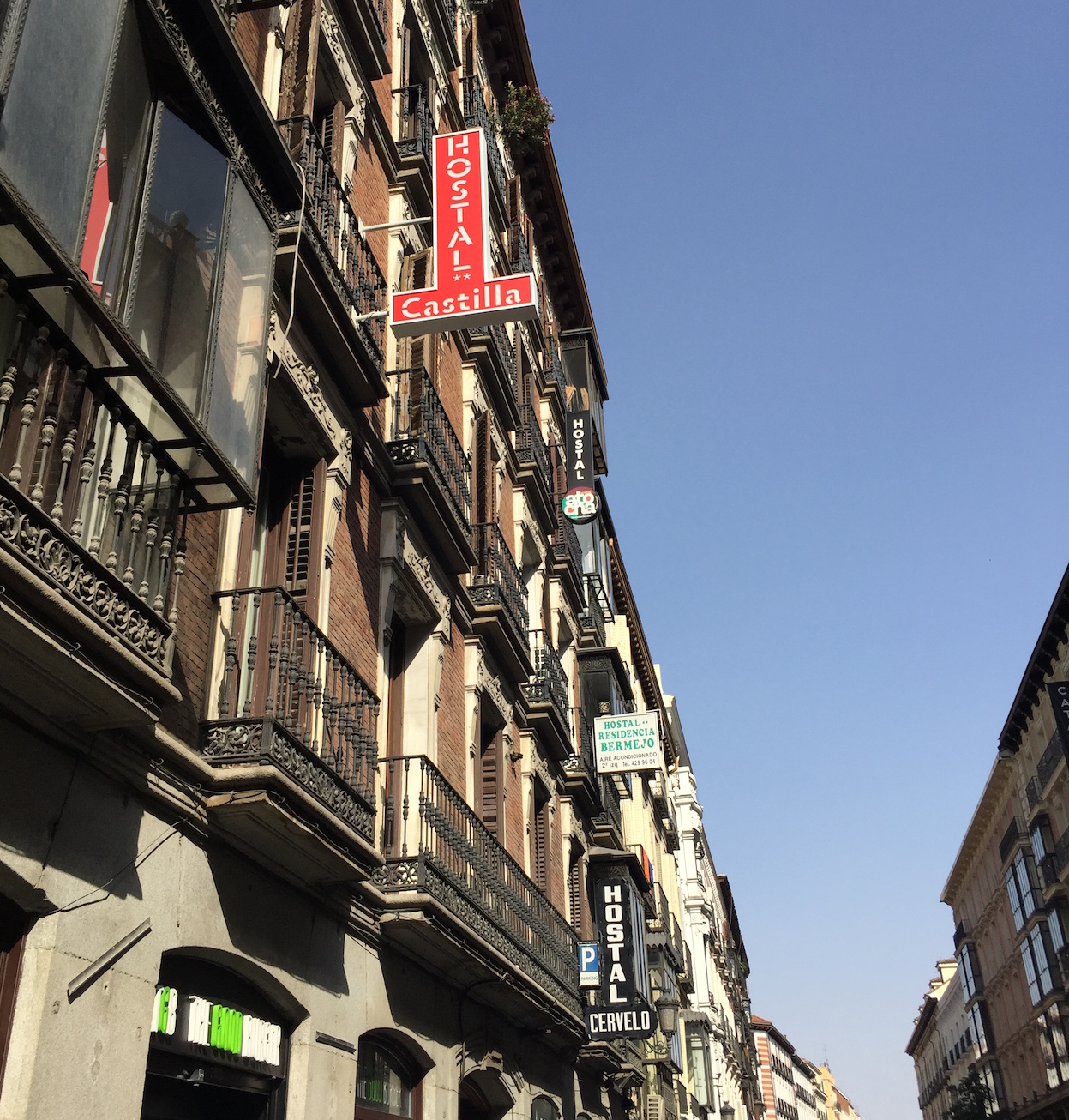
The extractive nature of mass tourism is made possible by tourist behaviour, missing regulations and lacking alternatives. There has been very little work done to
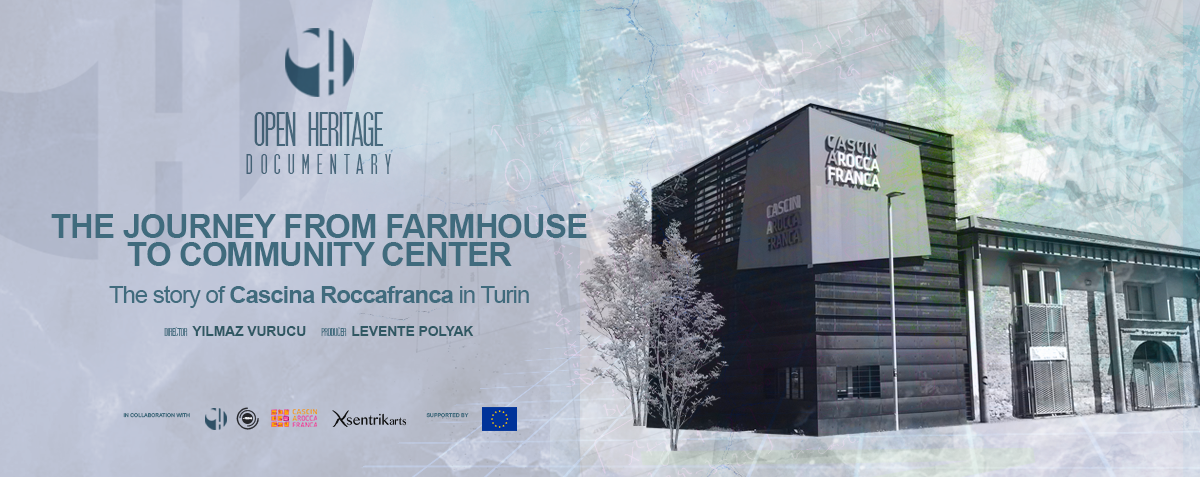
Cascina Roccafranca is a multi-functional community center located in a former farmstead in Turin’s outskirts. After 30 years of vacancy, Cascina Roccafranca was bought by the Municipality of Turin and requalified with the support of the European Union Urban II program. Today, Cascina Roccafranca is a public asset managed through a cooperation between public and civic actors and it provides a wide range of social and cultural activities. Since 2012, Cascina Roccafranca has been part of a network of similar community centers in Turin which was formalized in 2017, and today collaborates with the City Council in the management and the regeneration of urban commons.
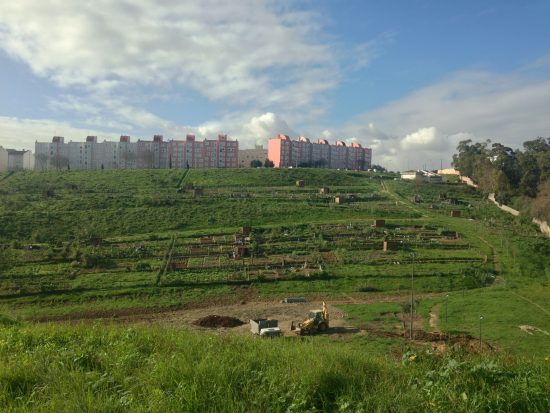
Based on the experience developed over the past ten years in Lisbon, the Bip/Zip program is currently at the basis of the URBACT Transfer Network
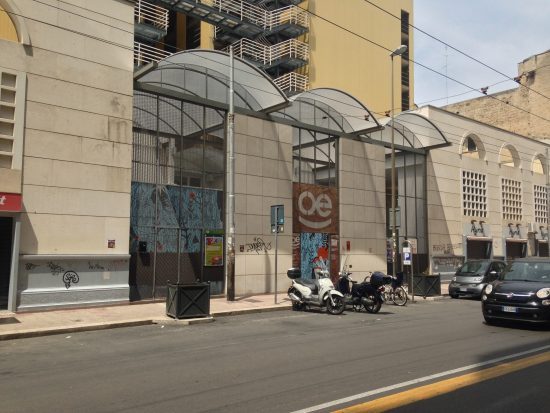
The City of Bari joined the Com.Unity.Lab Urbact network to be inspired by the Bip/Zip program to improve its local strategy. In this interview Vitandrea

The HALLO: collective aims to reactivate not publicly accessible spaces in the city of Hamburg. The collective organizes a yearly summer festival, HALLO: Festspiele, and
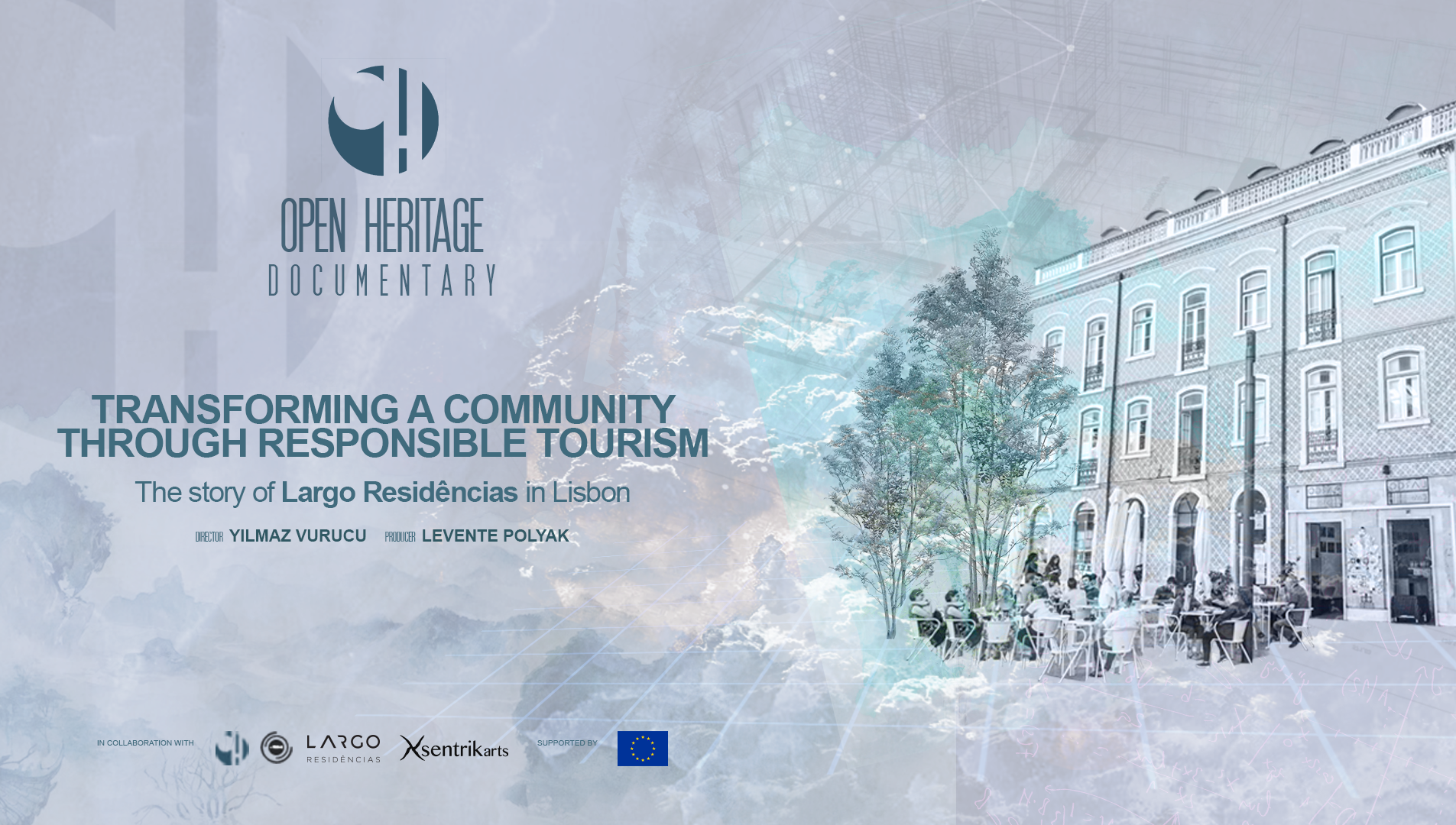
Largo Residências is a hostel, hotel, artist-in-residence and café in Lisbon’s fast-changing Intendente neighbourhood. Largo Residências, run by a cooperative, uses its revenue from tourism and events to develop projects to support the cultural and social inclusion of the most vulnerable groups. In the past years, Largo has become a social net for many of the area’s residents and a community as well as a community hub, leading the discussion about Lisbon’s touristification and gentrification. Endangered by the tourism-driven real estate development transforming the city’s historical areas, Largo has been working on opening new spaces for its activities.

The cooperative L’Olivera manages agriculture projects with social impact in the countryside outside Barcelona. Last autumn we visited Masia Can Calopa, where L’Olivera has cultivated

Fusolab is a non-profit community hub in Rome’s Eastern periphery, offering educational activities within the arts, communication, technology, new media, sports and a variety of

Ecomuseo Casilino is a museum that operates beyond the standard walls of a museum. The Associazione Culturale Ecomuseo Casilino Ad Duas Lauros is committed to
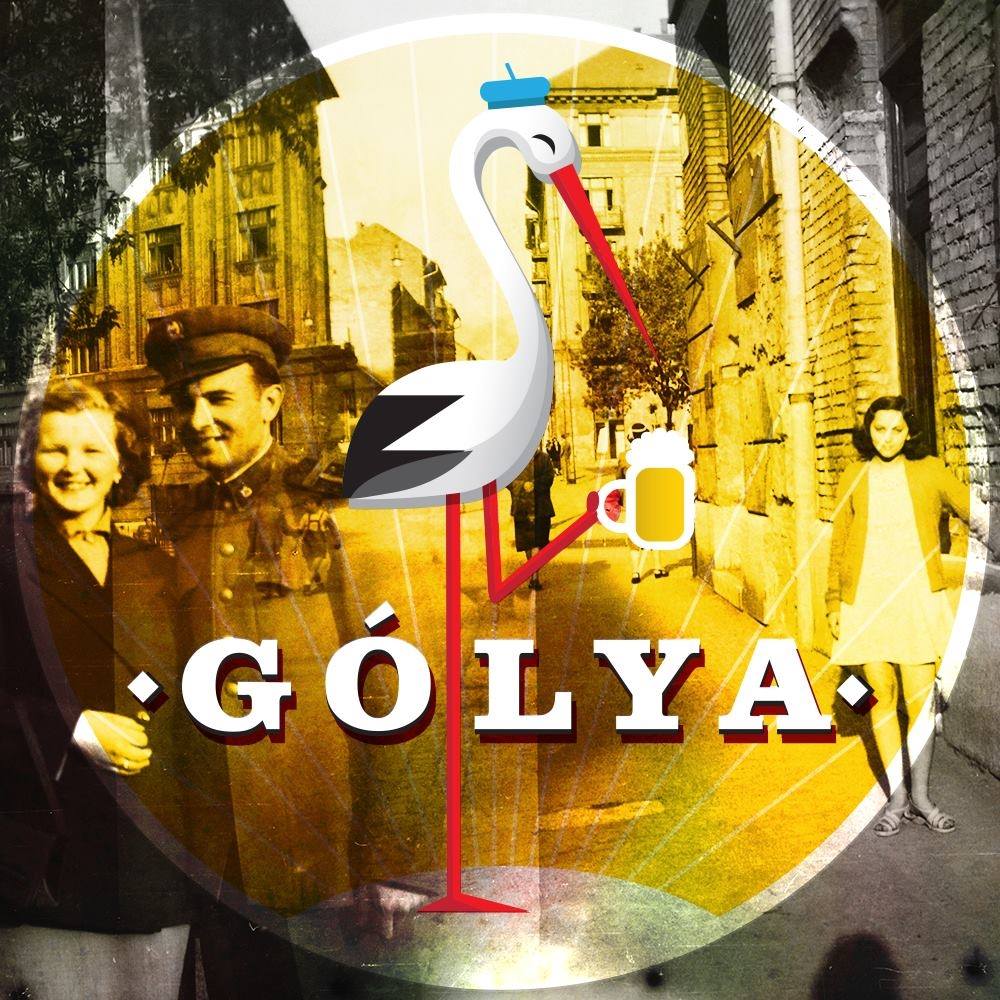
Gólya is a community house in Budapest. It has been working for six years on Bókay János utca in the 8th District, and currently it

Via Baltea is a multifunctional space initiated and run by Sumisura, a cooperative of architects and social workers who operate in the field of urban
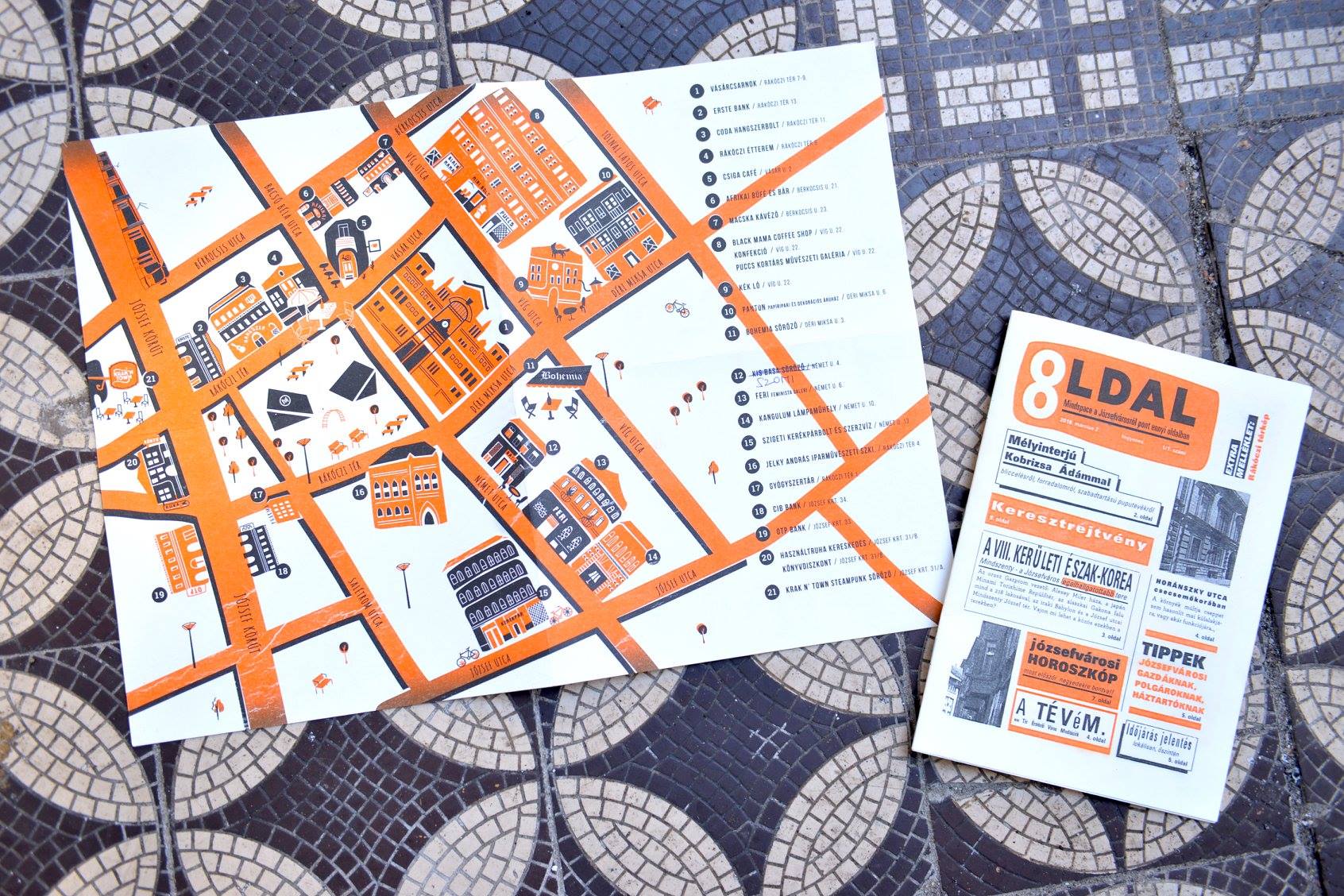
Mindspace is a non-profit organization based in Budapest and founded in 2011. It manages cultural urban projects with a focus on smart and livable neighbourhoods

A Város Mindenkié, in English The City is for All, was established in 2009 to advocate for housing rights in Hungary. Homeless people, those experiencing

Deviszont is a community space located in the suburban area of Budapest. It offers non-formal educational activities and space for the socialization of disadvantaged working
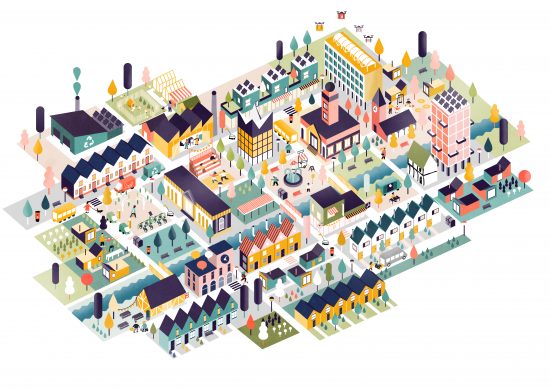
ShareTown is a fictional town populated by a cast of characters, which sets out to create a positive vision of what a preferred future for cities

Dynamo Velostation was opened in 2015 with the support of the Incredibol tender promoted by the Municipality of Bologna. Behind Parco della Montagnola, few hundred
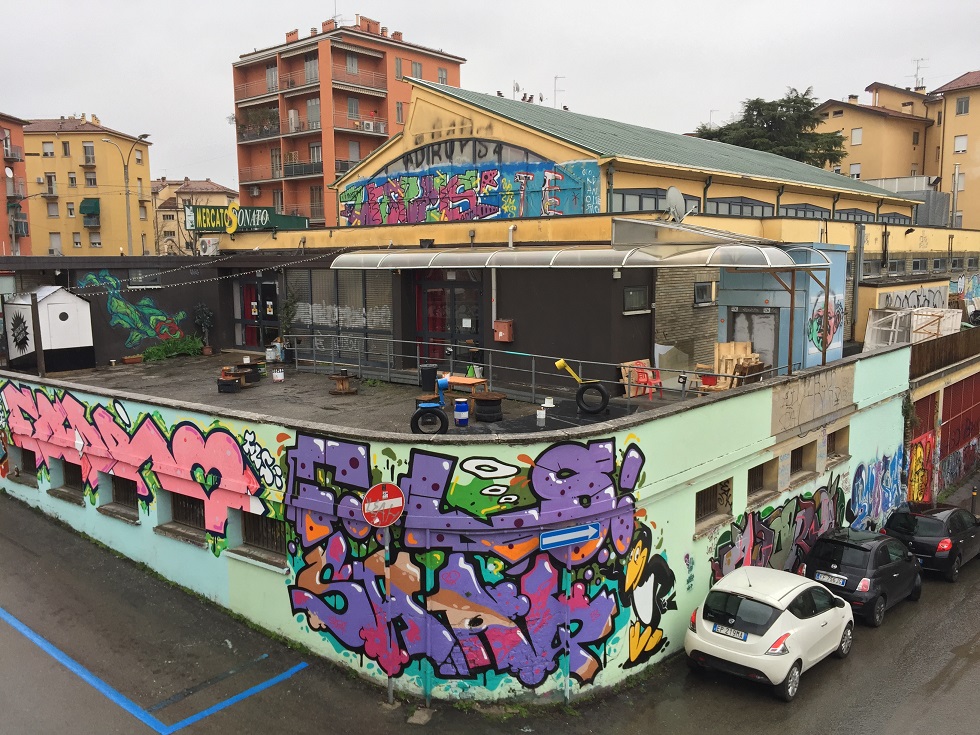
Mercato Sonato is a project to requalify an unused market hall in Bologna. It was developed by an association of musicians in need of a
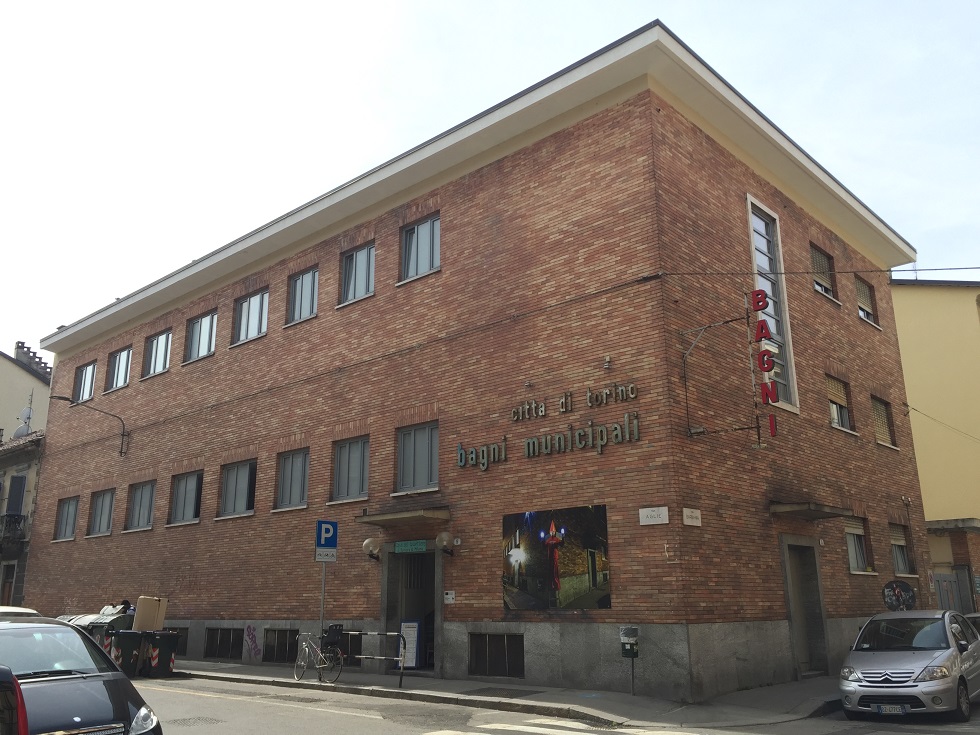
Bagni Pubblici di via Agliè 9 is a community space where more than 15 organizations, associations, traders, schools and institutions, work to improve the quality
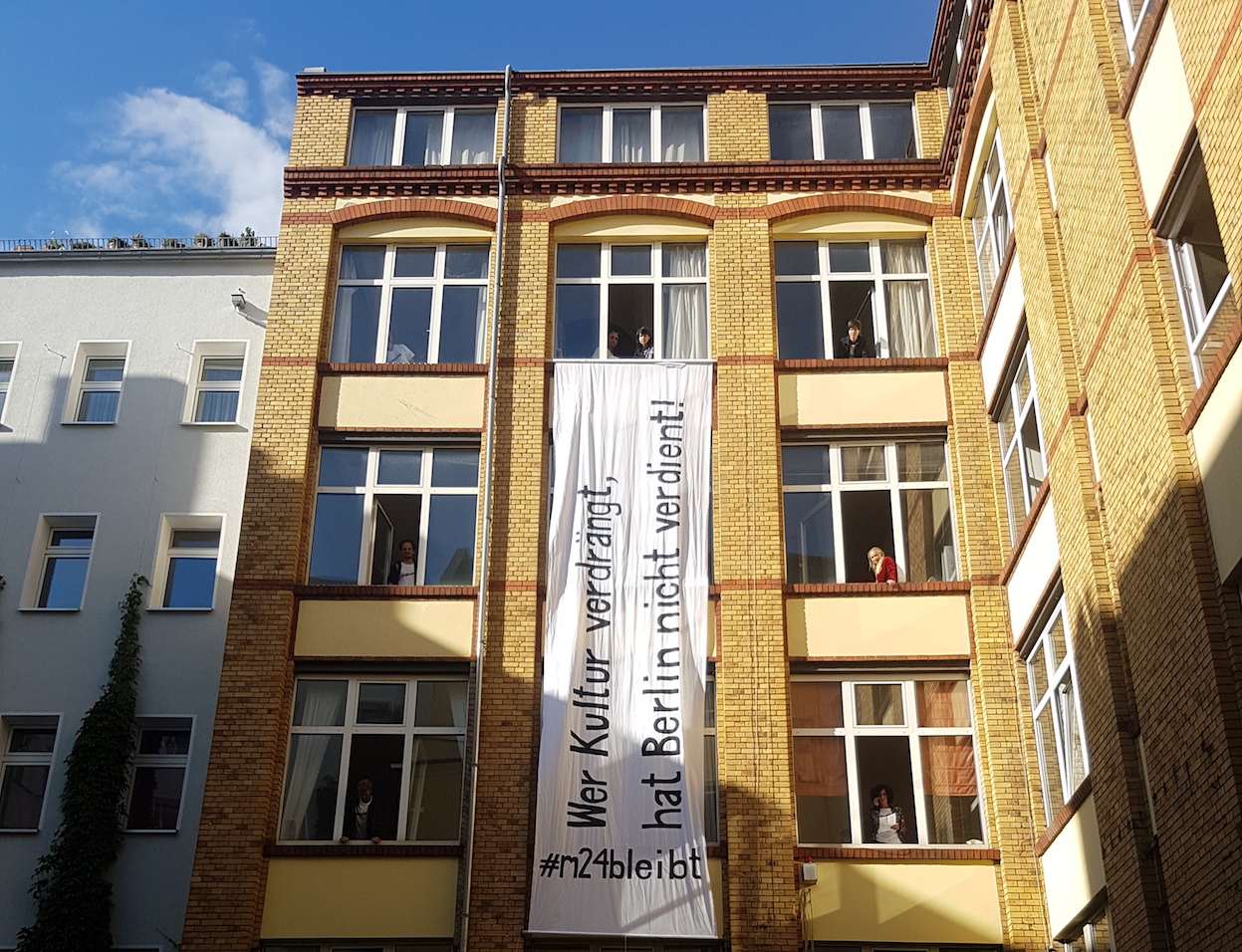
The role of the Studio Commissioner for Berlin exists since 1993. After the city’s reunification it became evident that affordable space for artists would become

In the early 2000s, La Marina de Valencia hosted editions the America’s Cup and the F1 Grand Prix Race. These events attracted investment and fueled

Das Packhaus is a project of Paradocks an international think- and do-tank for reuse of vacant buildings inVienna. Since 2014 Das Packhaus has been showing
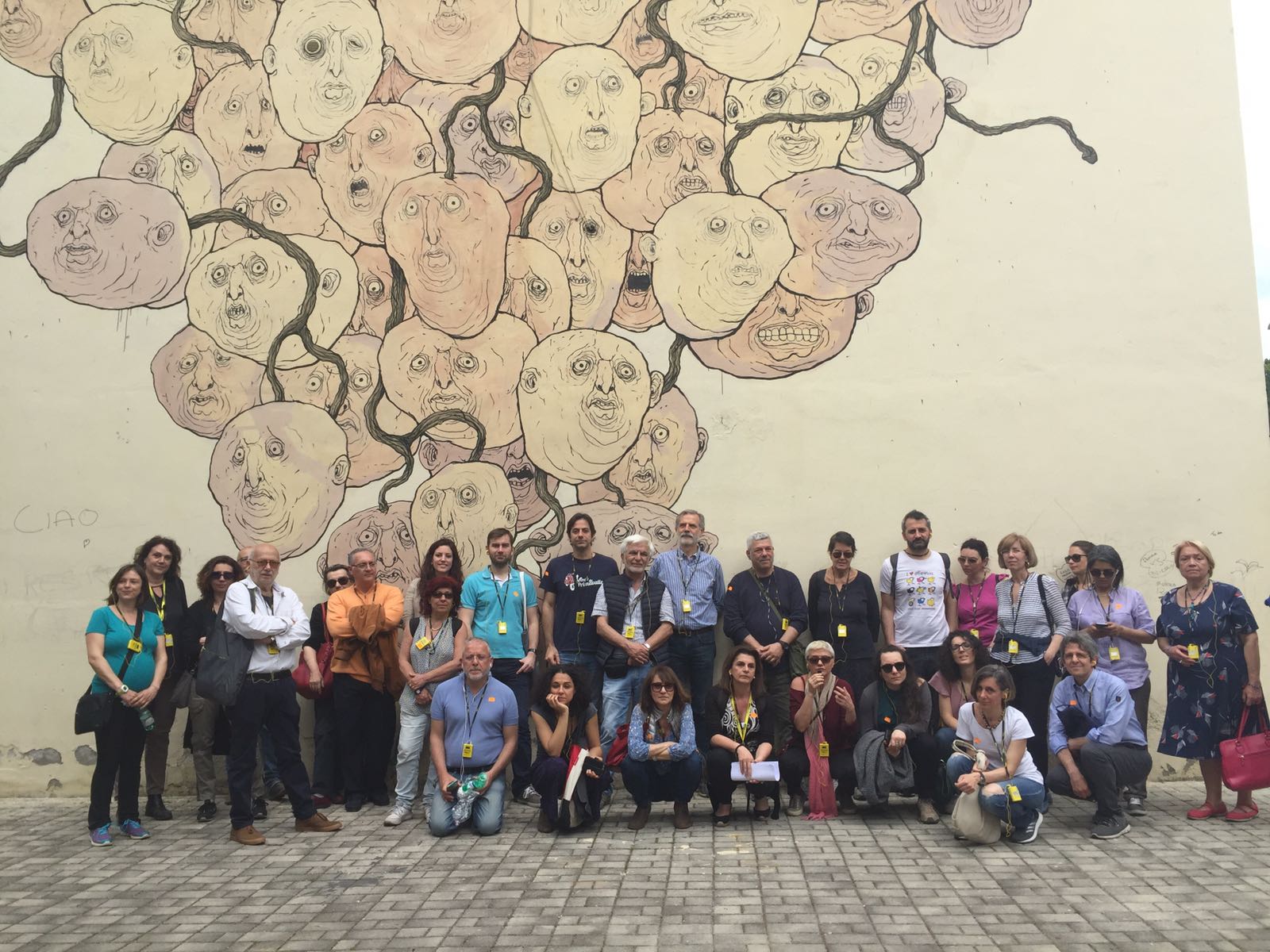
PER UN TERRITORIO CHE LAVORA Attrarre risorse per attivare il territorio Le politiche di sviluppo territoriale dal 1800 in poi in Europa sono state fortemente
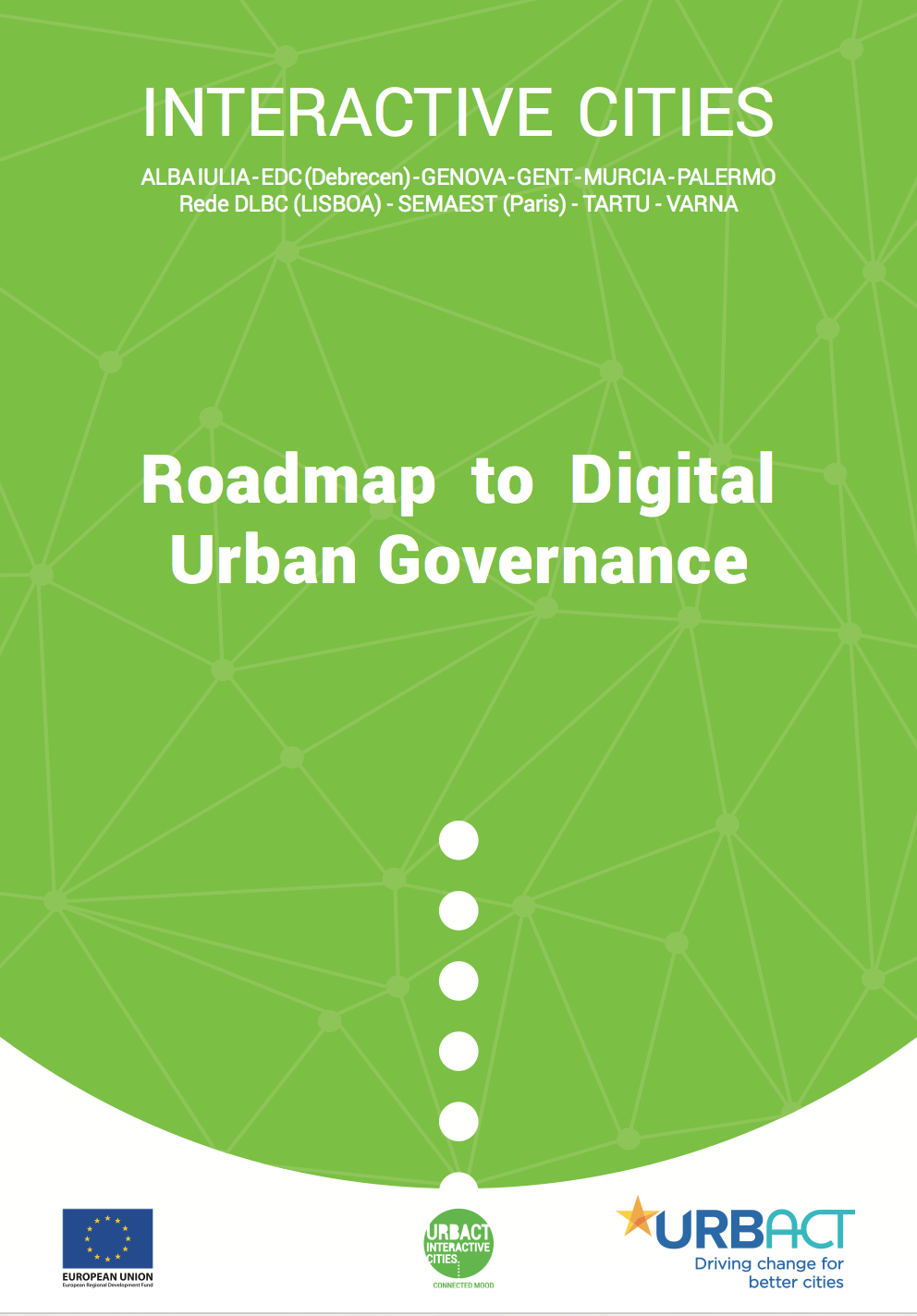
Interactive Cities an URBACT network that explored how digital, social media and user generated content can improve today´s urban management in European cities, whatever size. This challenge has been tackled in two ways. Firstly, as an opportunity to redefine and deepen the concept of citizenship and civic engagement today, providing a path to spark cohesion, commonalities and shared value as well as increasing sense of place. In other words, making the most of the new channels to revisit the relationship between the individual and the local community in the digital era. Secondly, as a way to improve the quality of public services, in terms of efficiency and transparency, and even widen the current service chart provided by local authorities.
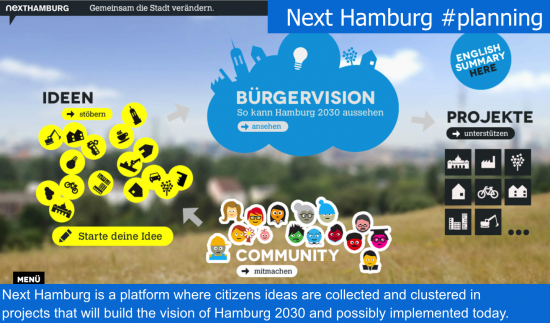
With today’s European cities hosting most of the continent’s population and urban areas being the stage for many of contemporary conflicts such as social inequality,
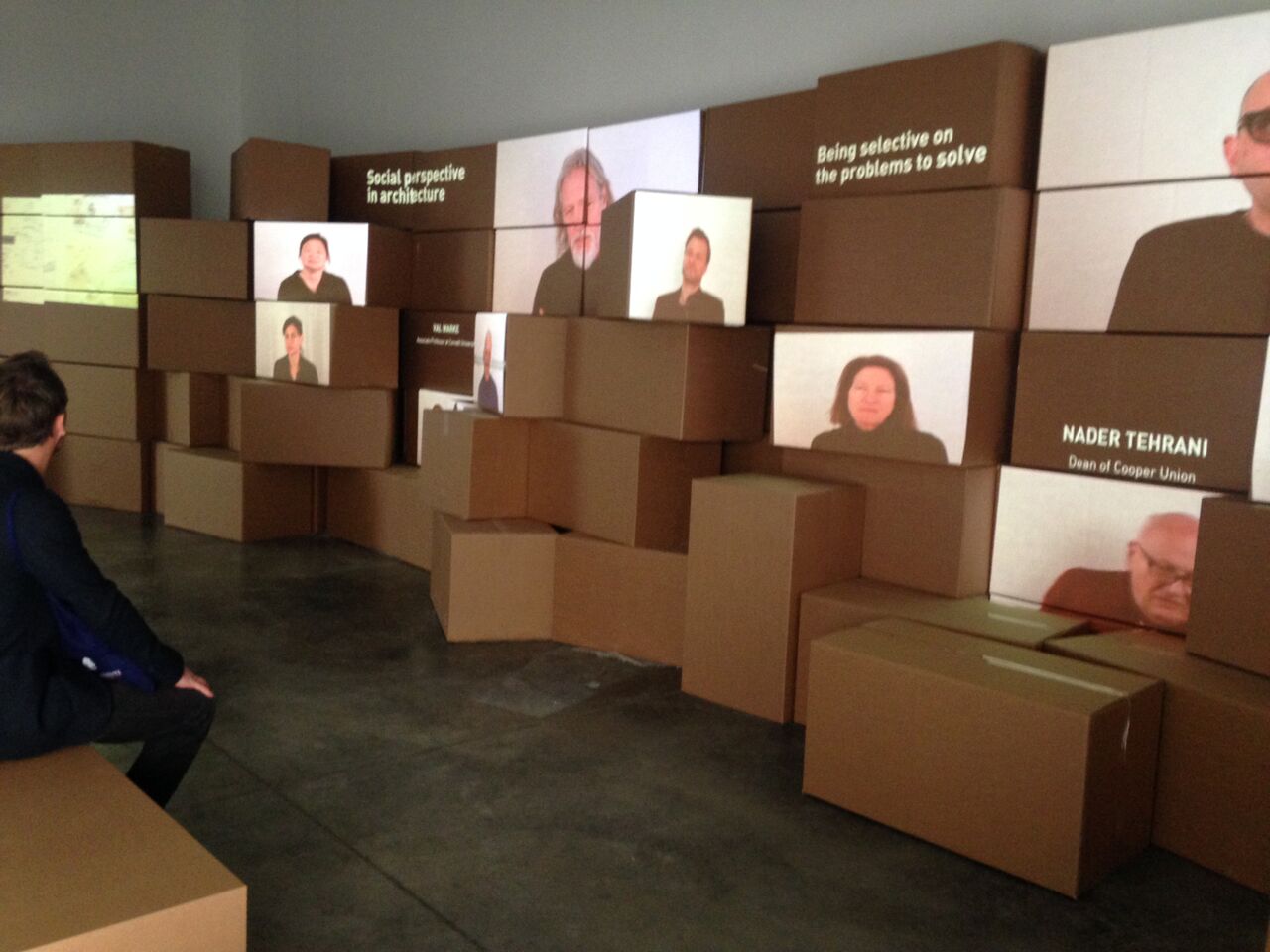
The US presidential election results came as a surprise to many of us especially because we hadn’t encountered any testament of sweeping support towards the

Recent newspaper articles highlighted the controversial position of large ICT companies in terms of taxation, data management, political leverage and spreading of fake news. With
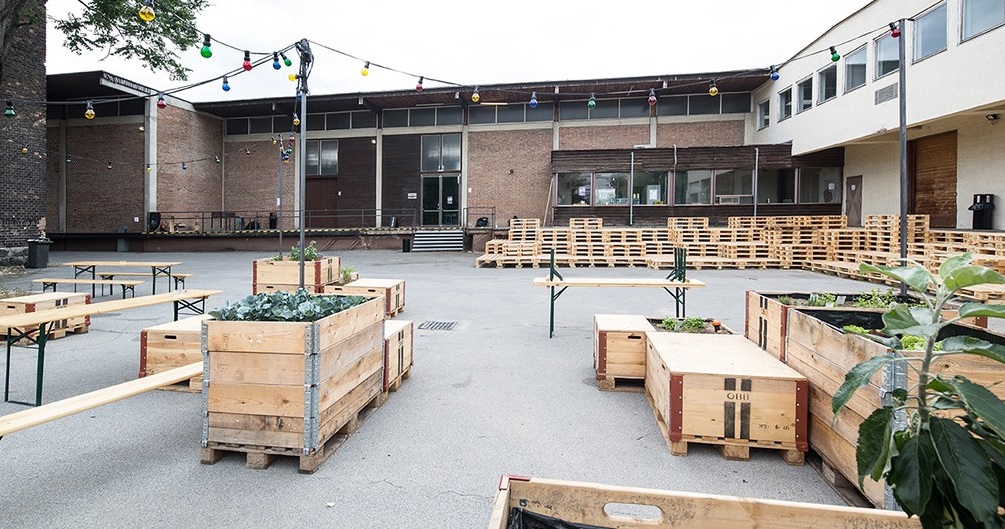
A former warehouse has become a living lab where the spatial and economical needs of small entrepreneurs are studied in order to promote mixed-use spaces
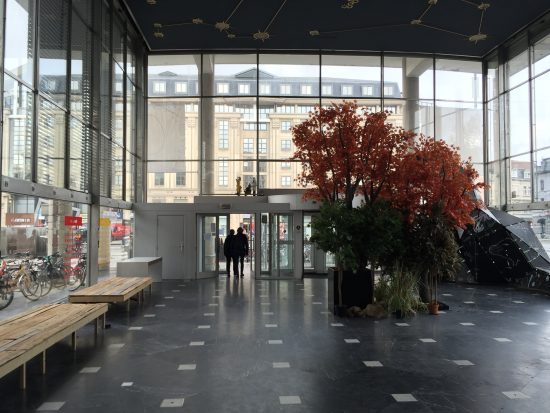
NEST is a temporary use project in the former City Library of Ghent awaiting refurbishment and a new use. The 7,000 m2 building, was given
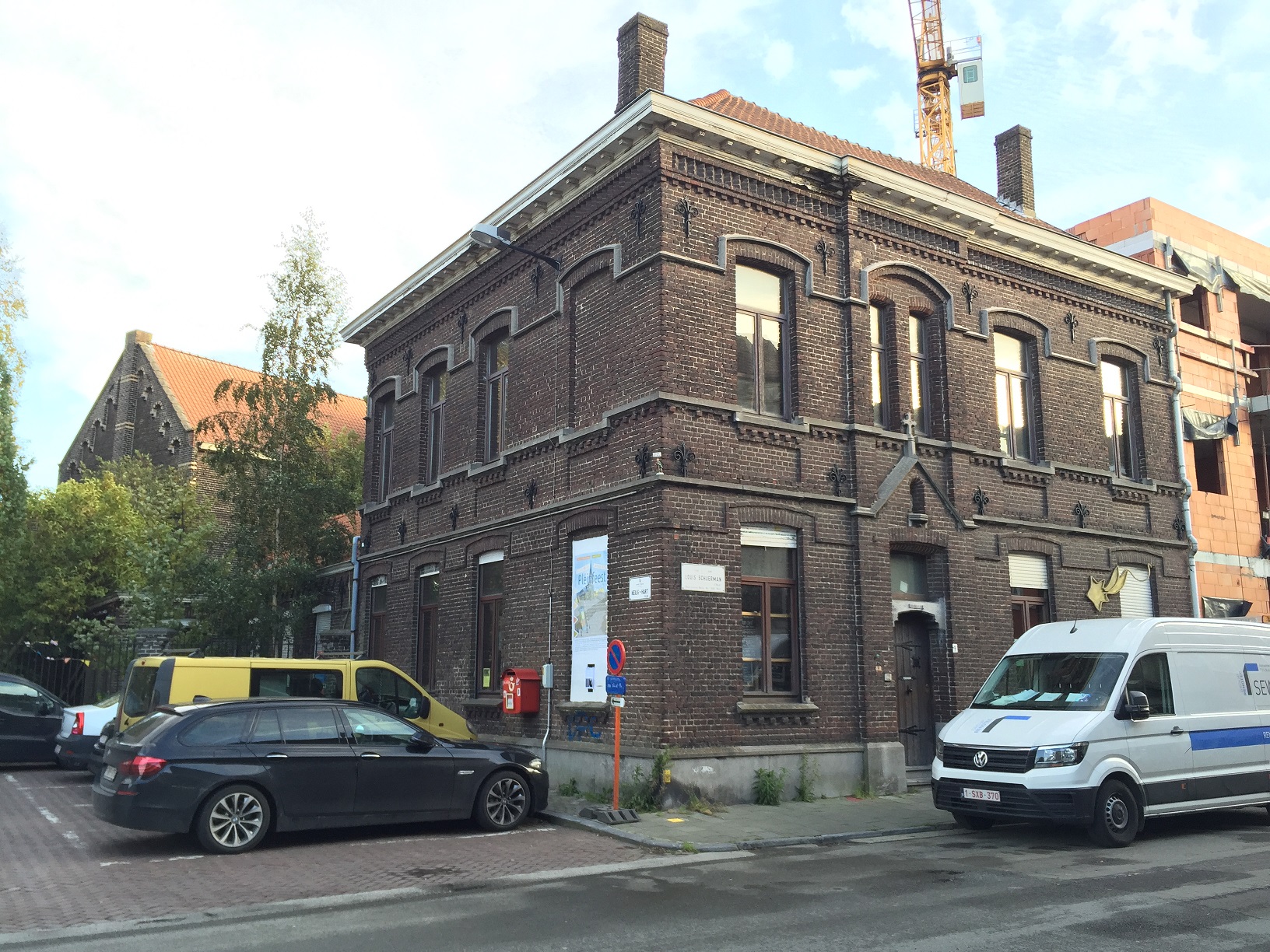
De Pastory was created in 2015 in an old presbytery building and the garden on Ghent’s Heilig Hartplein. Born from a movement of local residents
Data Privacy Policy Our website may be used without entering personal information. Different rules may apply to certain services on our site, however, and are
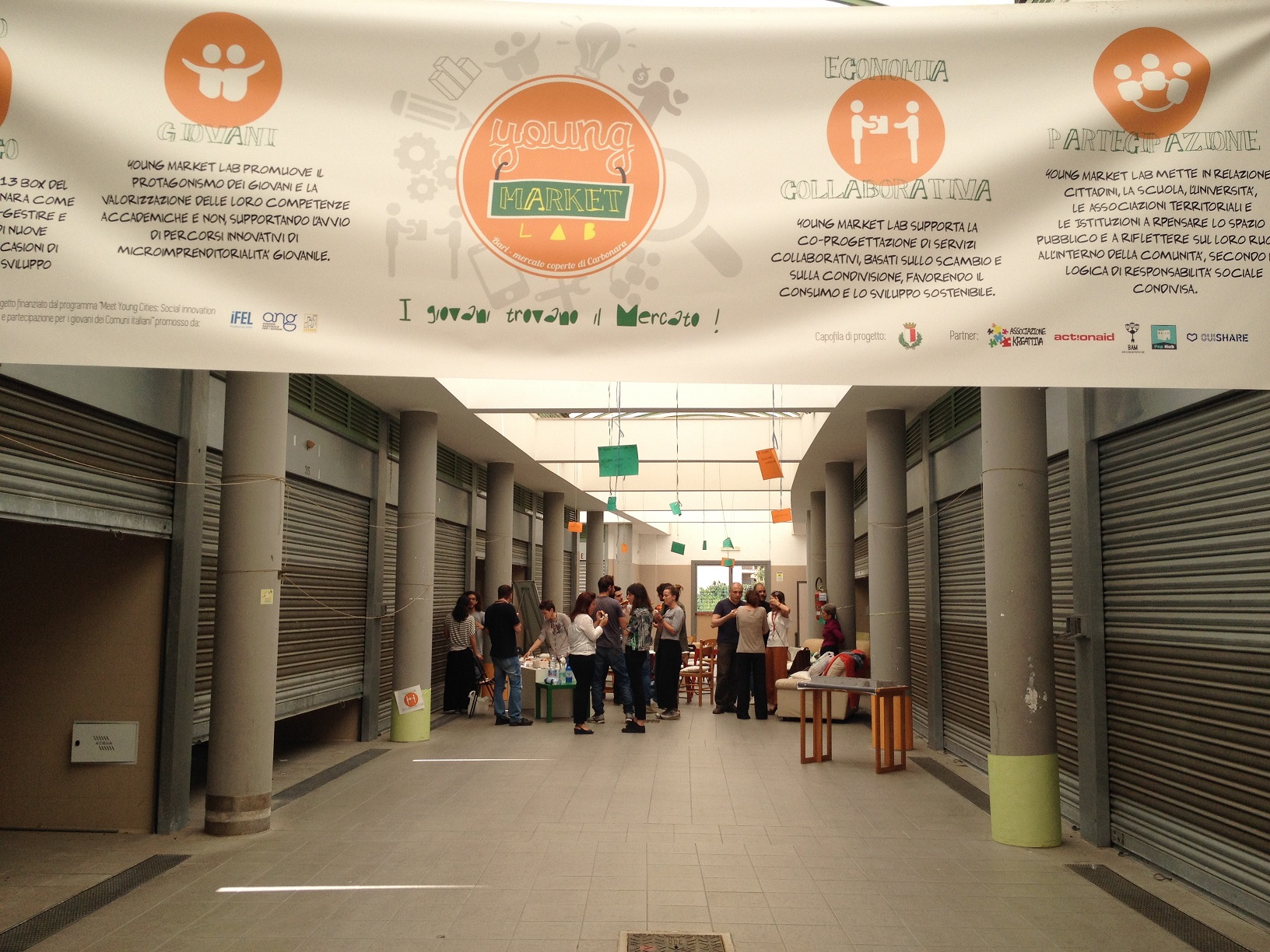
Il Young Market Lab ha riattivato gli spazi inutilizzati del mercato coperto di Carbonara di Bari tramite il coinvolgimento di giovani che hanno avviato le

Il Mercato Lorenteggio si insedia nel quartiere Giambellino-Lorenteggio nella periferia sud-ovest di Milano. L’esperienza nasce per accompagnare e valorizzare le risorse sociali e culturali di
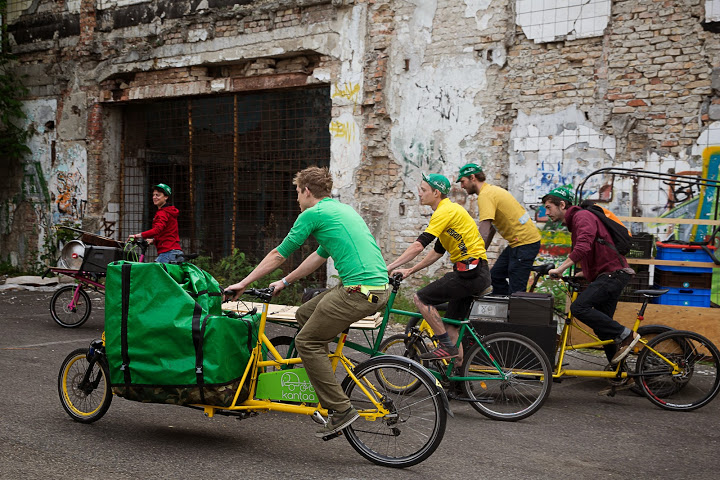
In Budapest, a group of enthusiastic and passionate young people came together to mix their own ingredients, in the form of independent initiatives: an organic
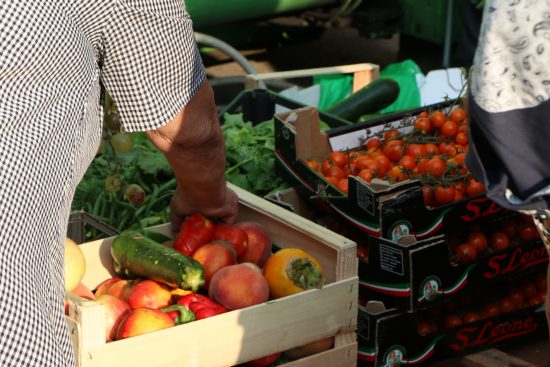
Nel 2014 il Comune di Milano e Fondazione Cariplo hanno siglato un accordo per la definizione e l’adozione della Food Policy: la strategia alimentare di
© Copyright 2017 – 2025 by Eutropian GmbH. All rights reserved. I Imprint / Disclaimer | Data Privacy Policy | Contact
| Cookie | Duration | Description |
|---|---|---|
| cookielawinfo-checkbox-analytics | 11 months | This cookie is set by GDPR Cookie Consent plugin. The cookie is used to store the user consent for the cookies in the category "Analytics". |
| cookielawinfo-checkbox-functional | 11 months | The cookie is set by GDPR cookie consent to record the user consent for the cookies in the category "Functional". |
| cookielawinfo-checkbox-necessary | 11 months | This cookie is set by GDPR Cookie Consent plugin. The cookies is used to store the user consent for the cookies in the category "Necessary". |
| cookielawinfo-checkbox-others | 11 months | This cookie is set by GDPR Cookie Consent plugin. The cookie is used to store the user consent for the cookies in the category "Other. |
| cookielawinfo-checkbox-performance | 11 months | This cookie is set by GDPR Cookie Consent plugin. The cookie is used to store the user consent for the cookies in the category "Performance". |
| viewed_cookie_policy | 11 months | The cookie is set by the GDPR Cookie Consent plugin and is used to store whether or not user has consented to the use of cookies. It does not store any personal data. |
